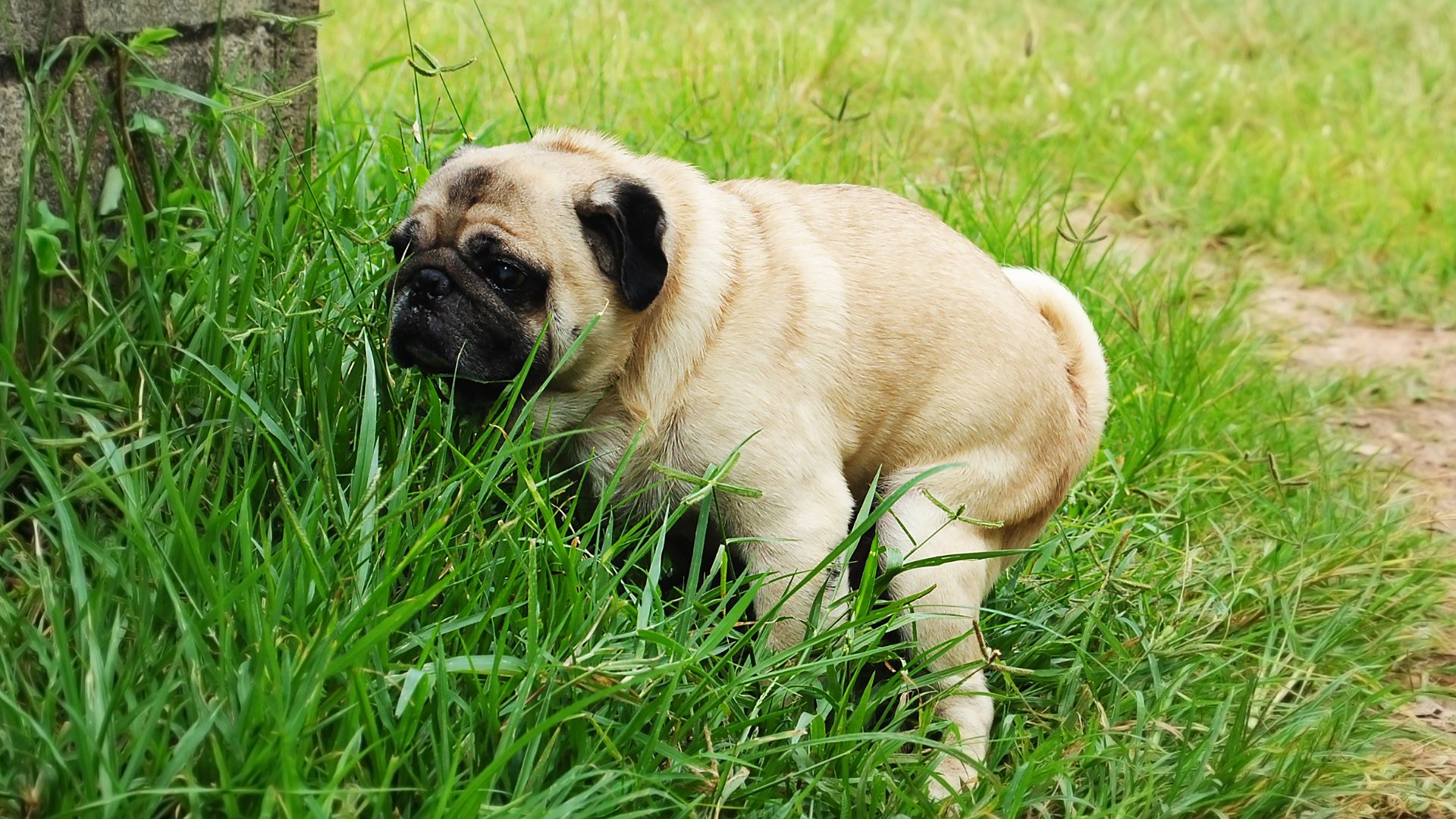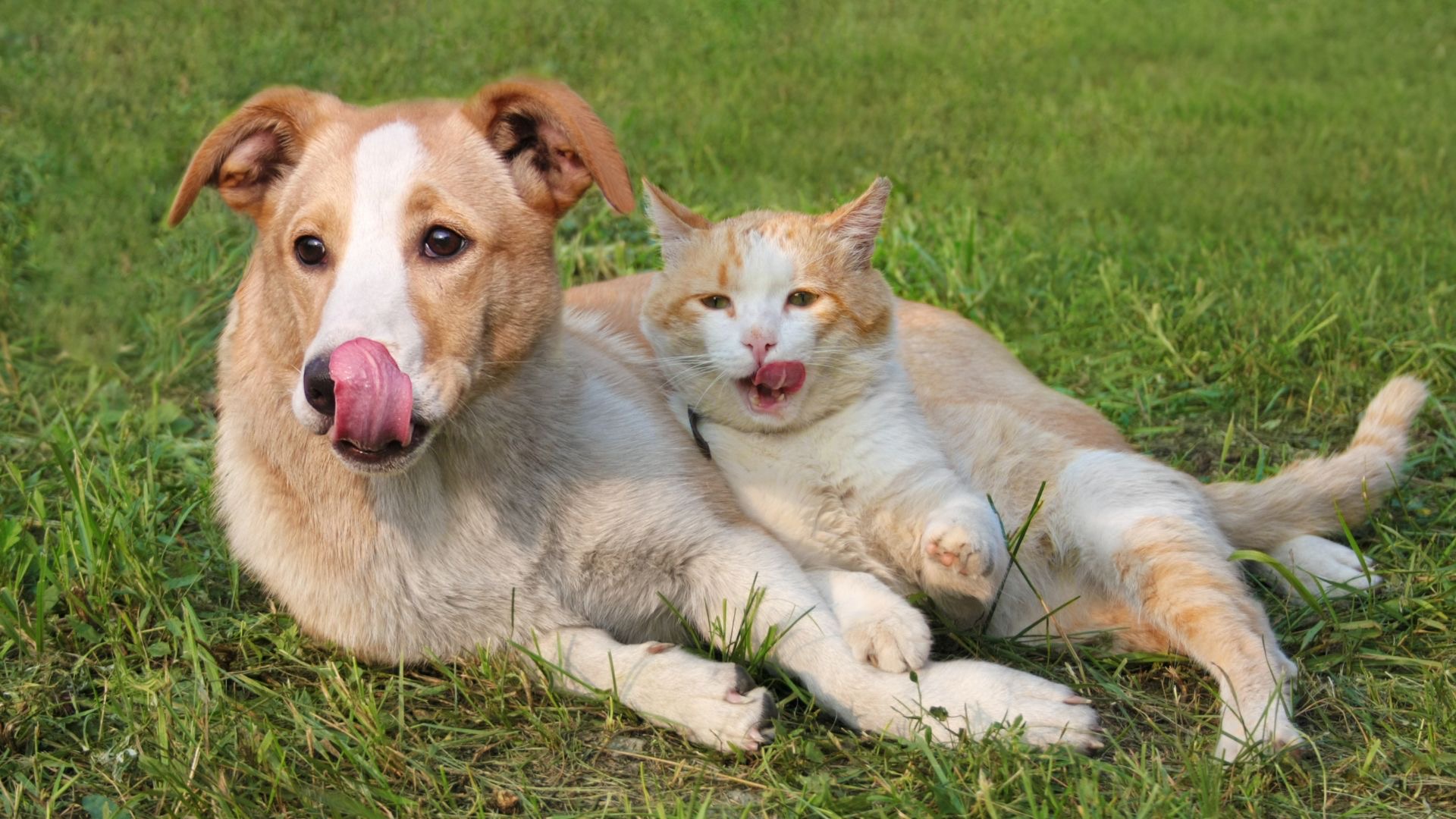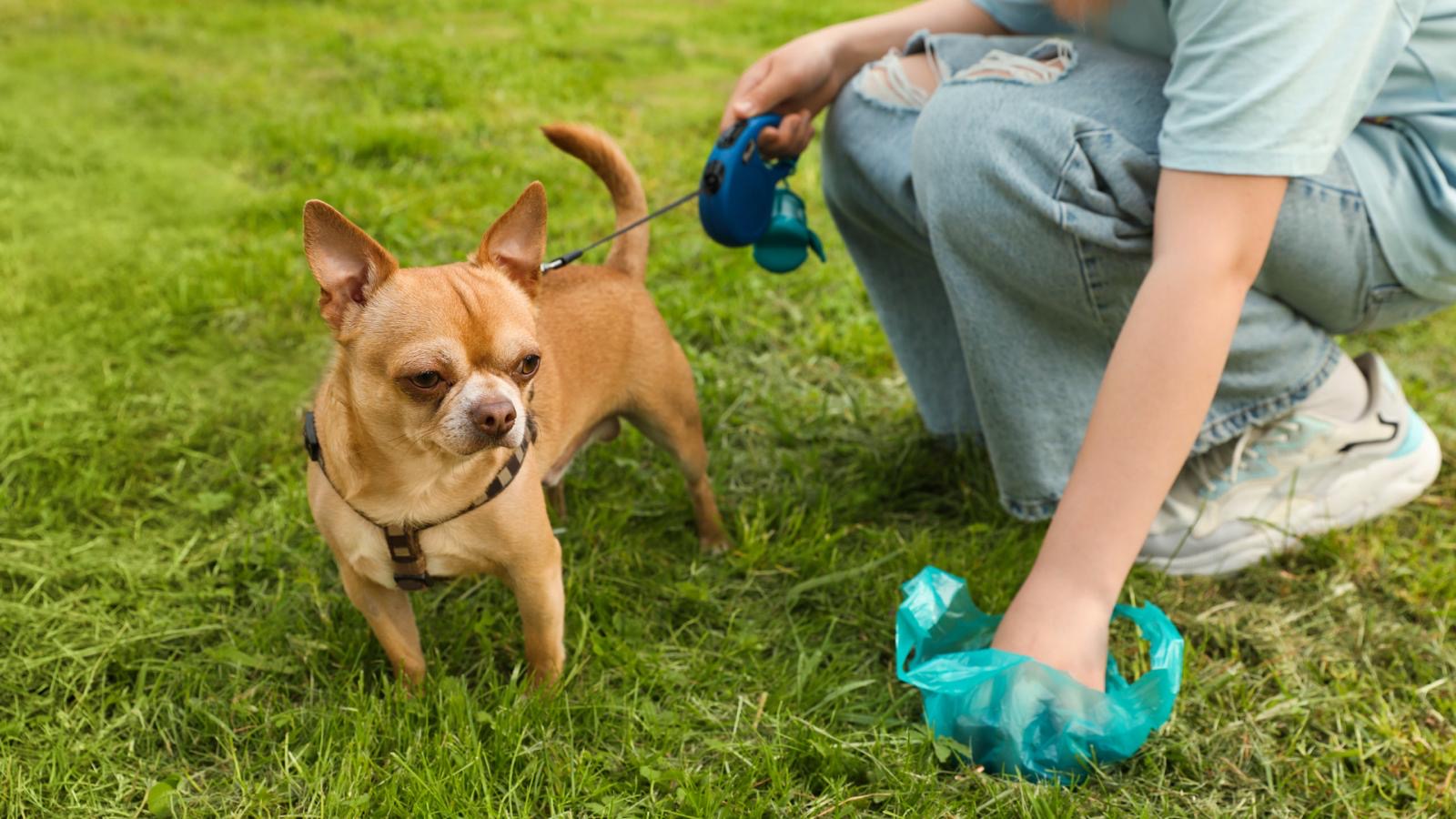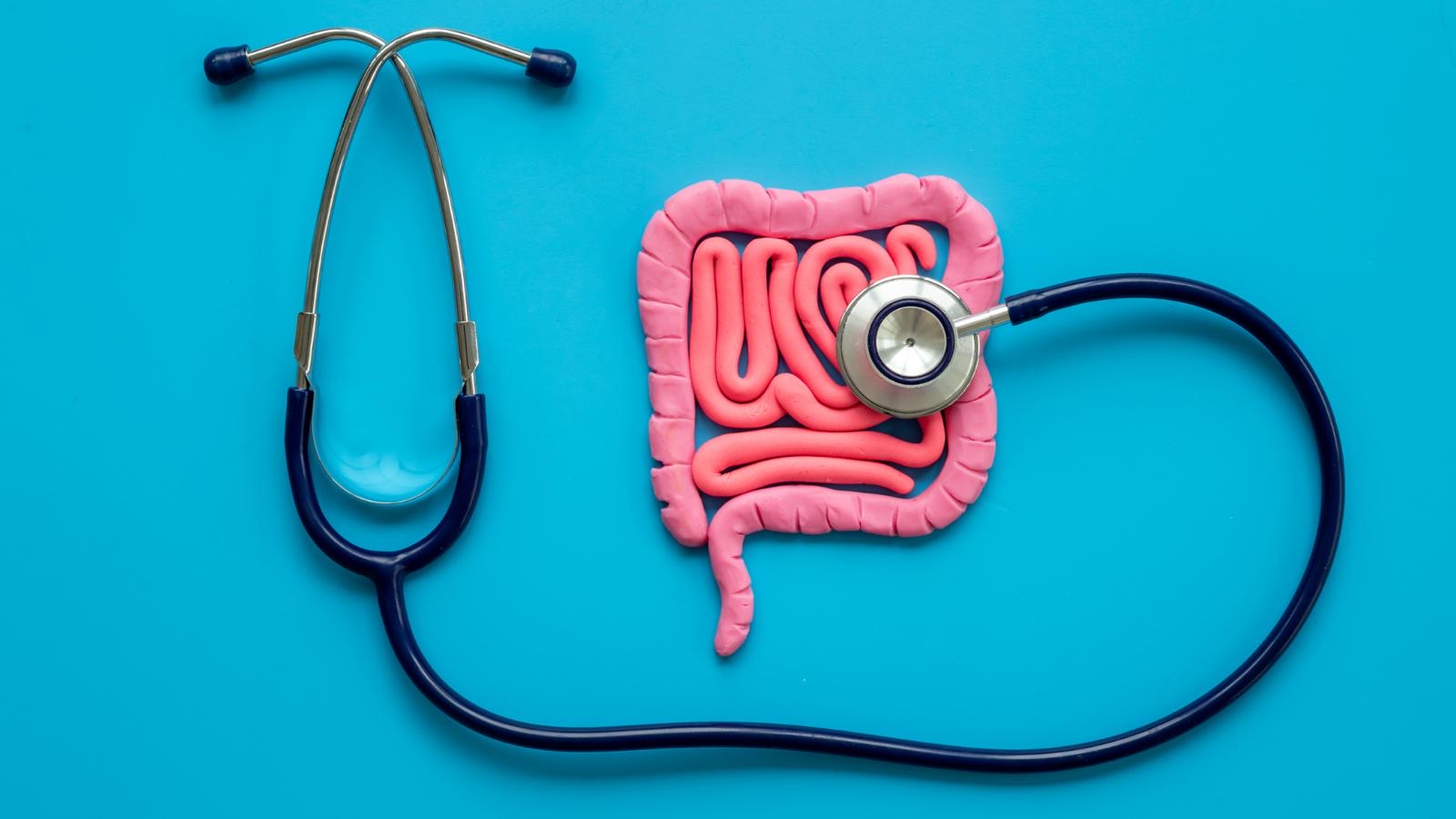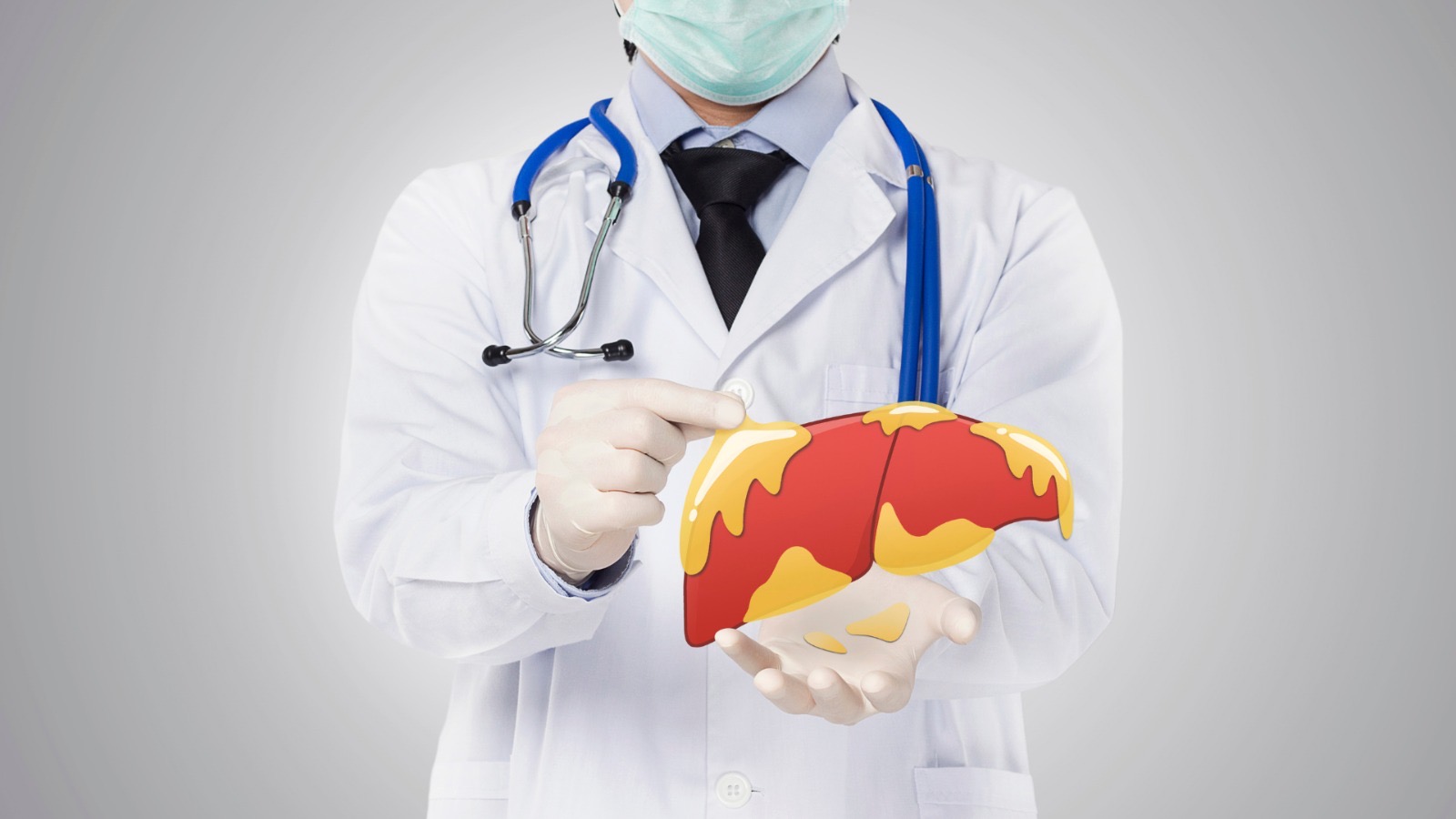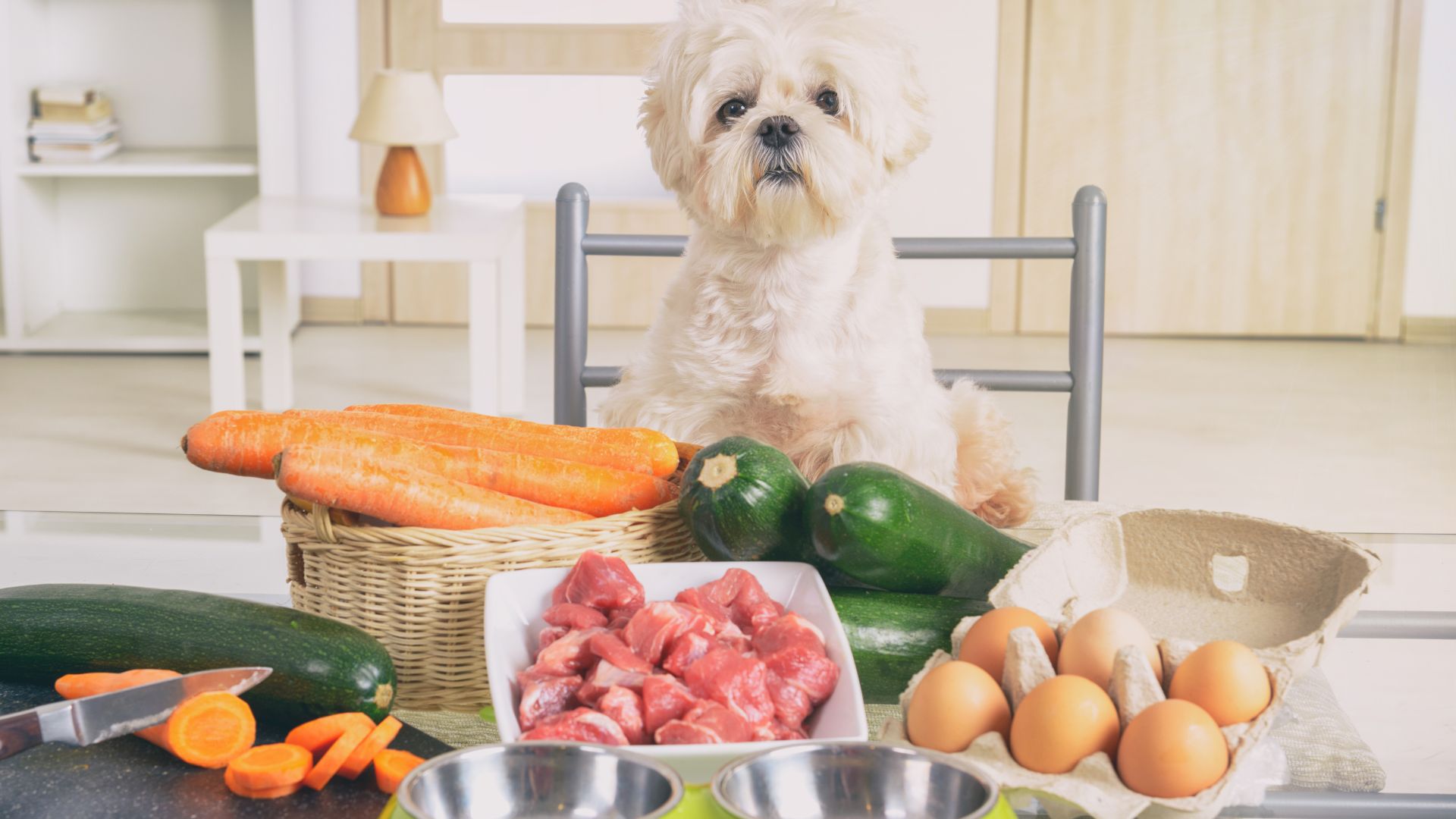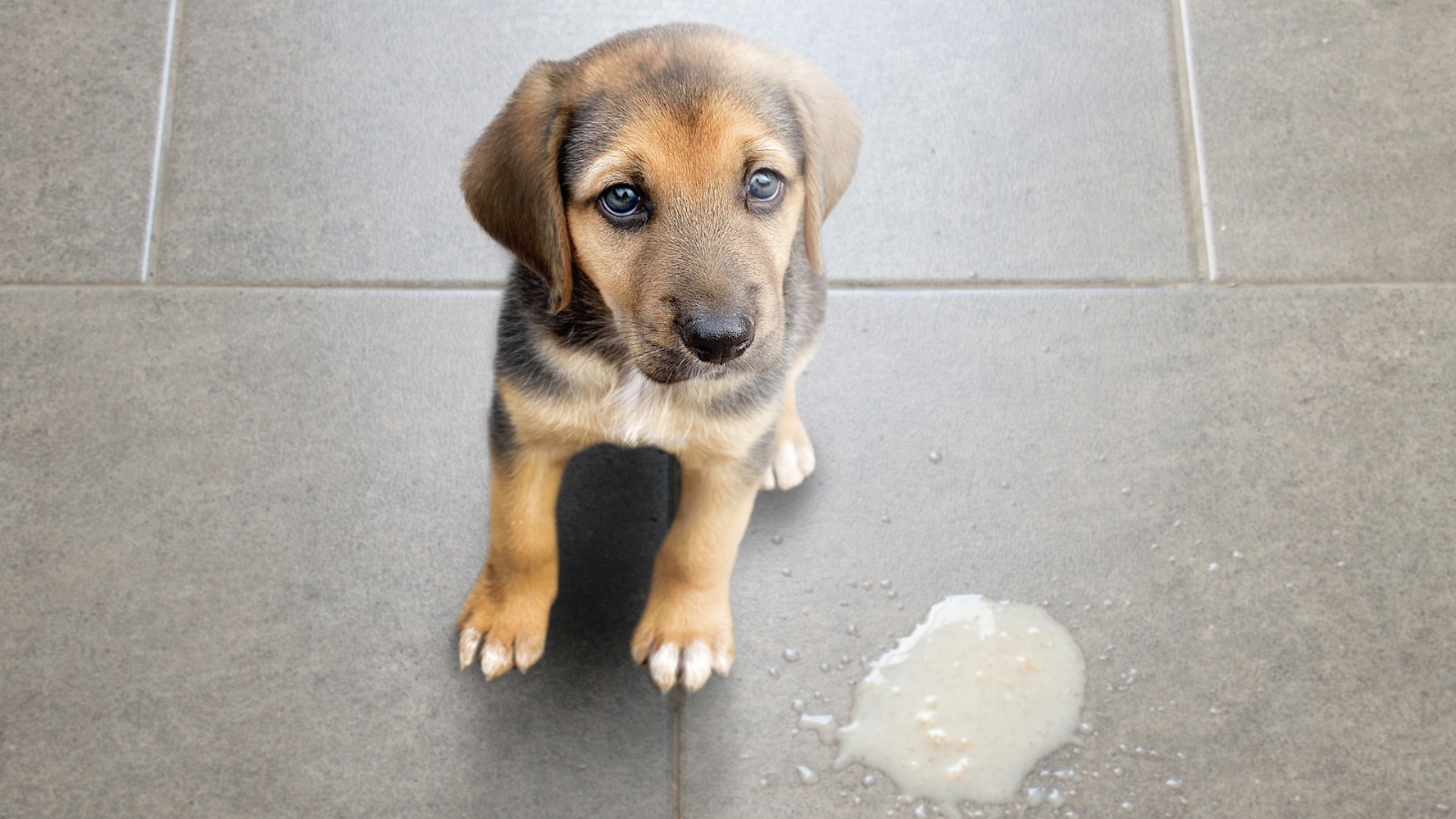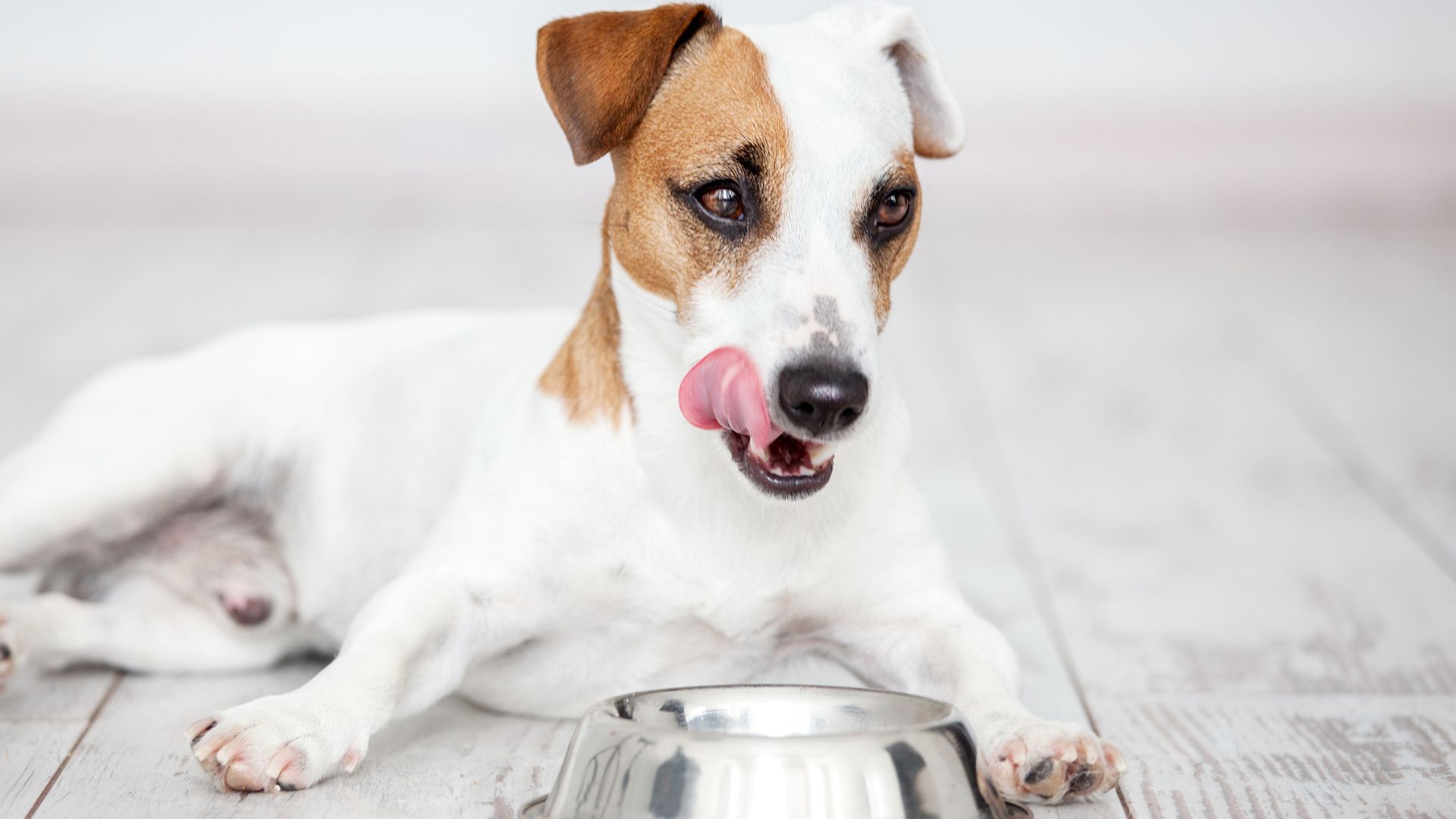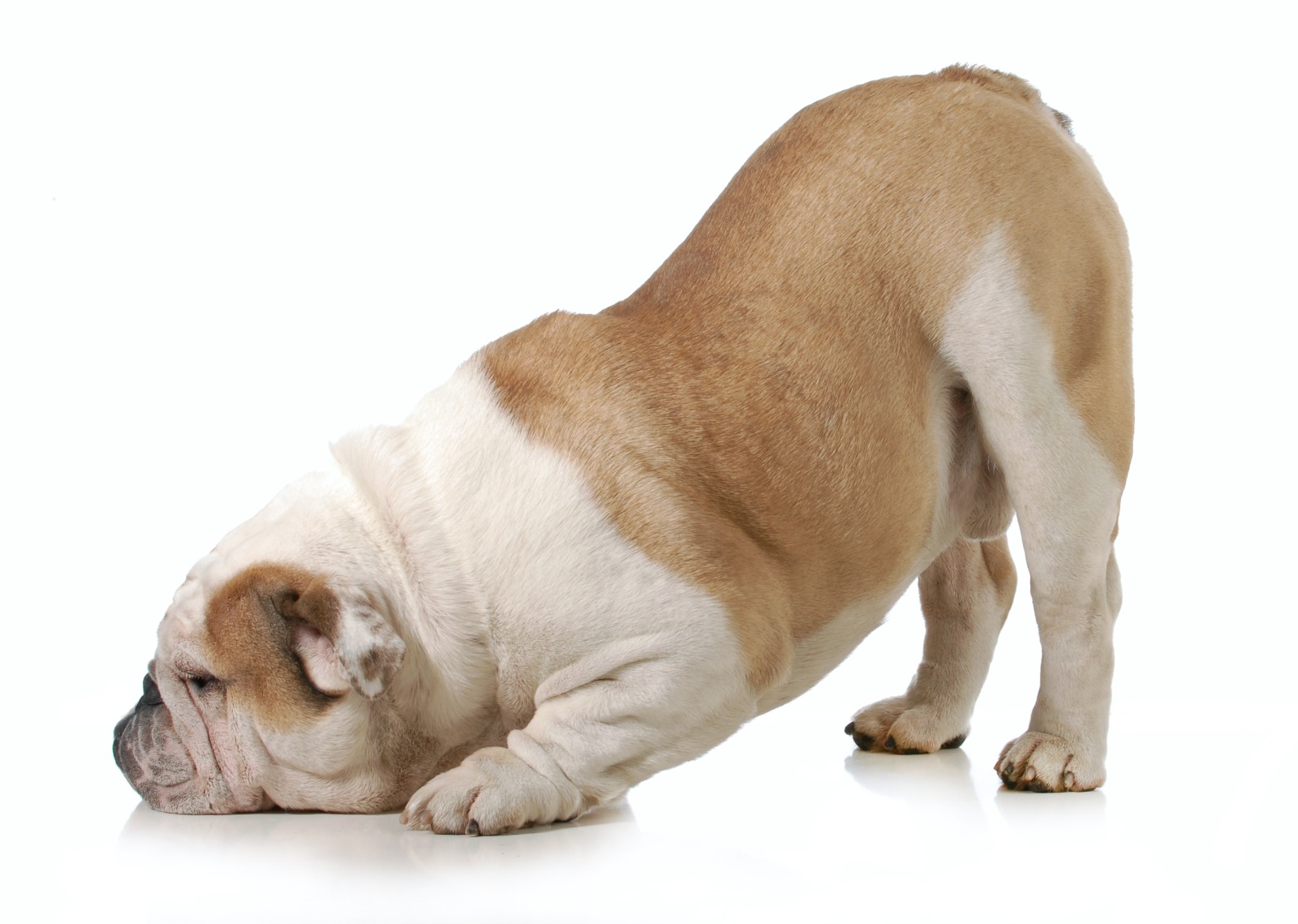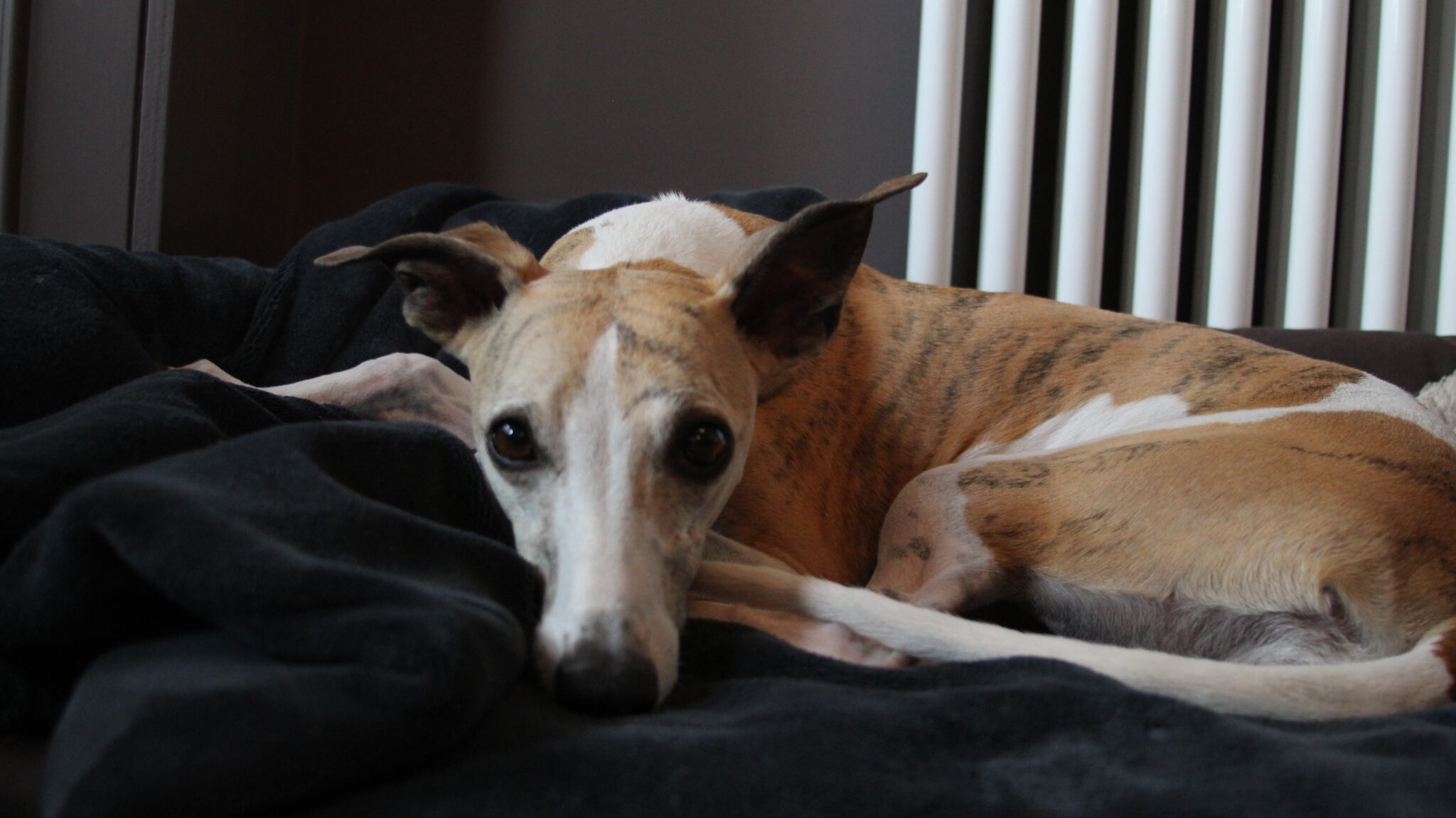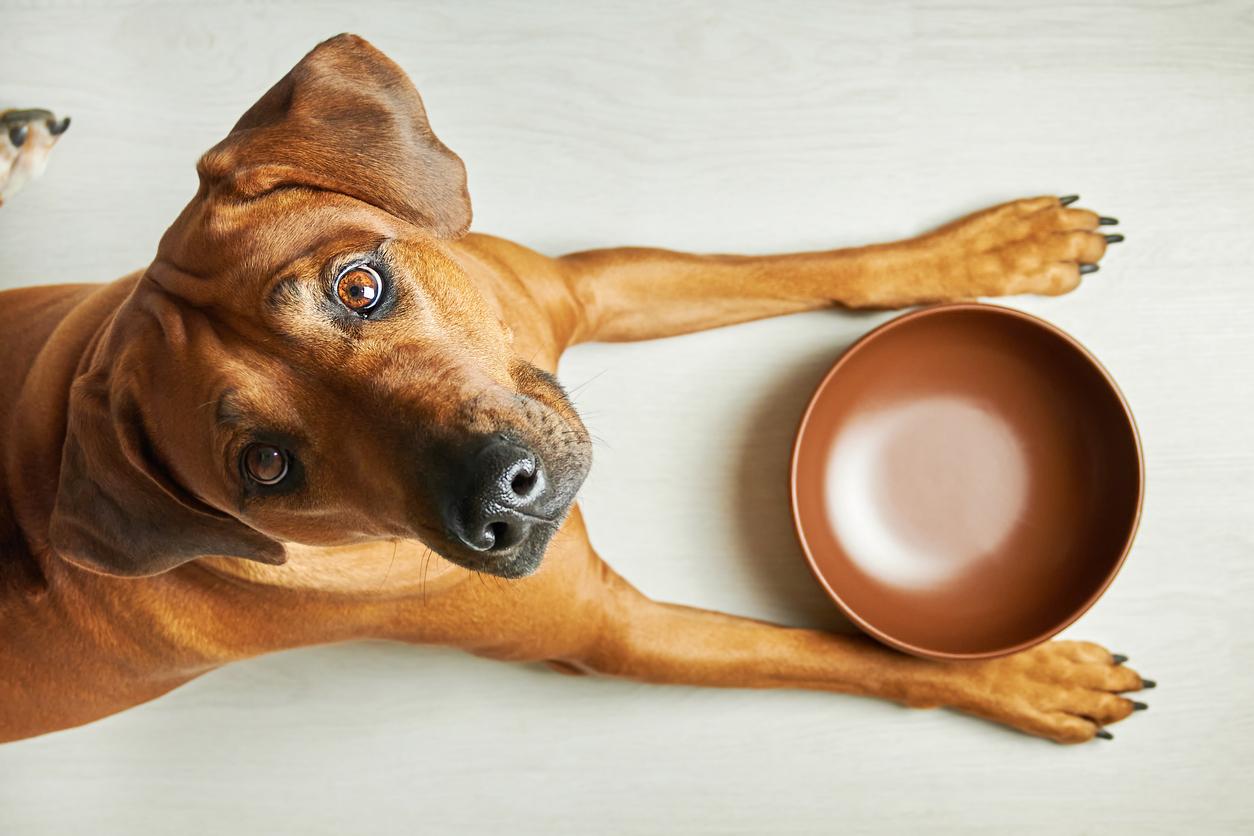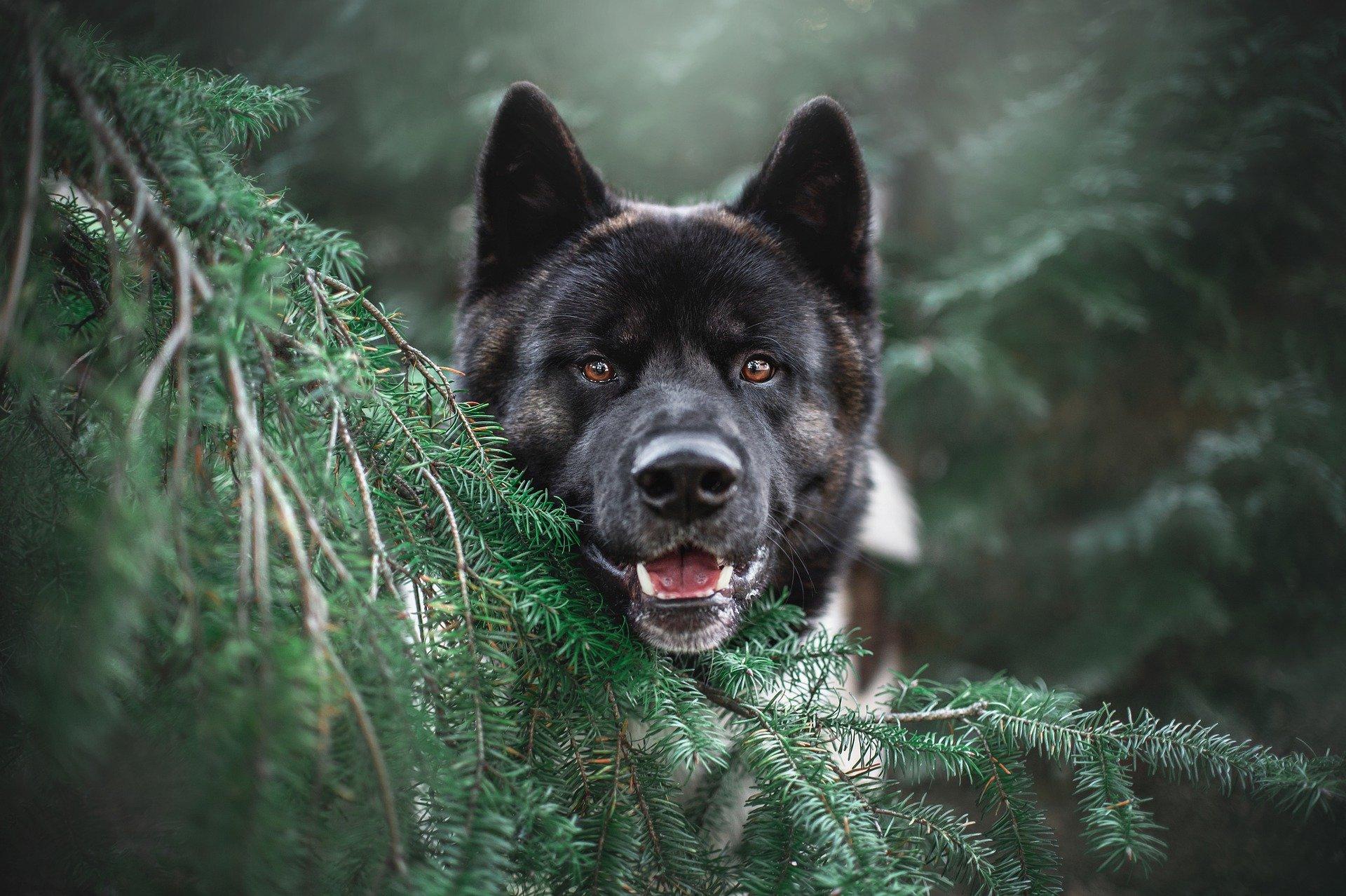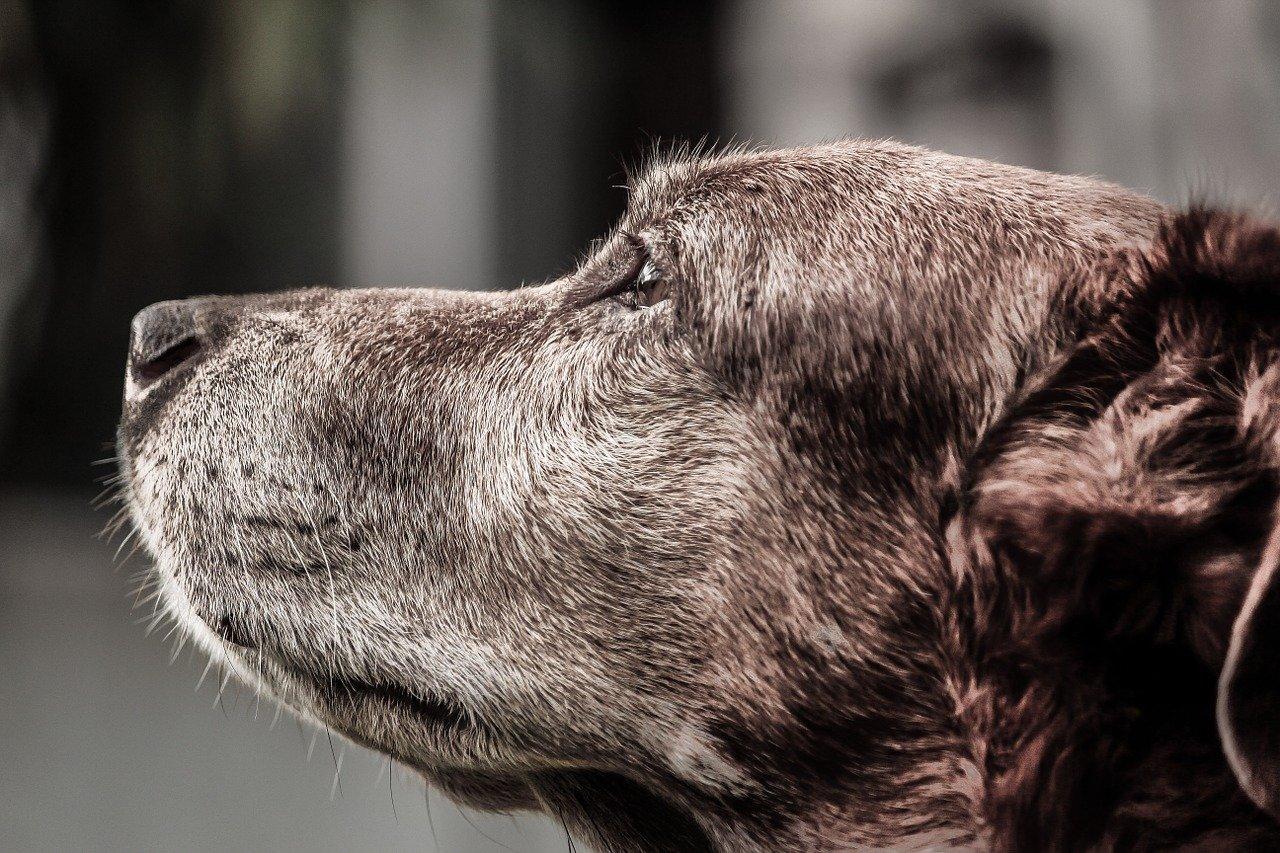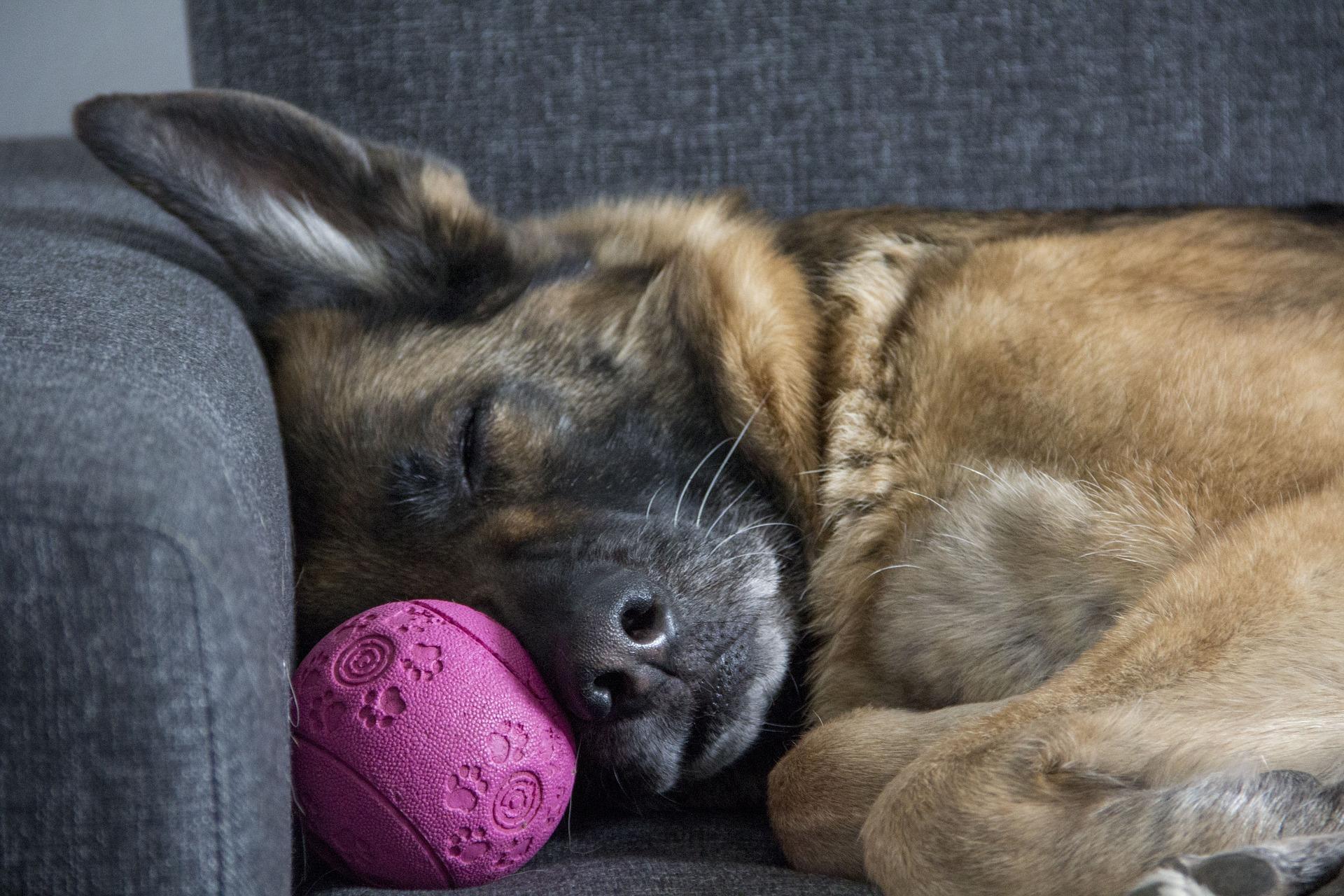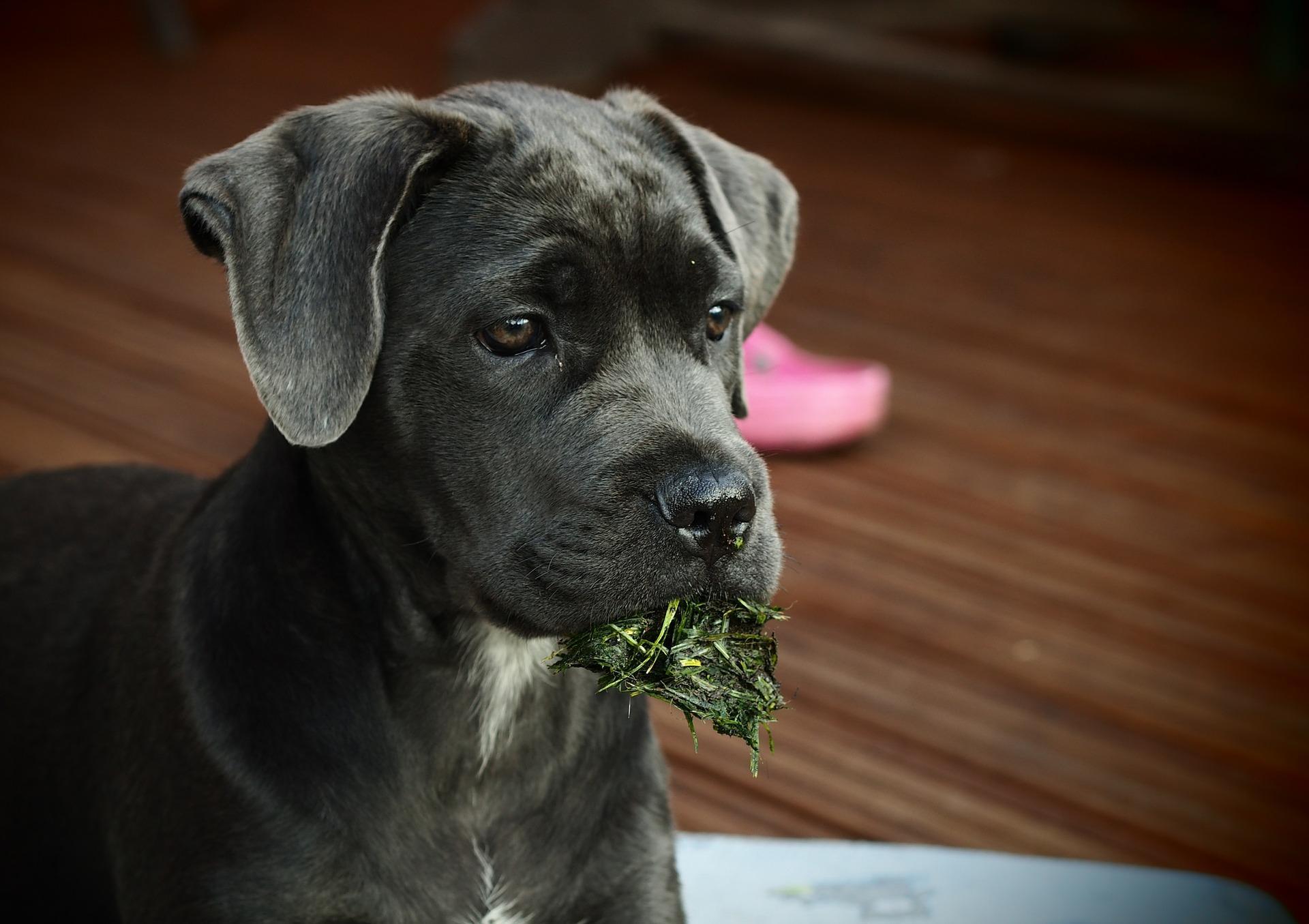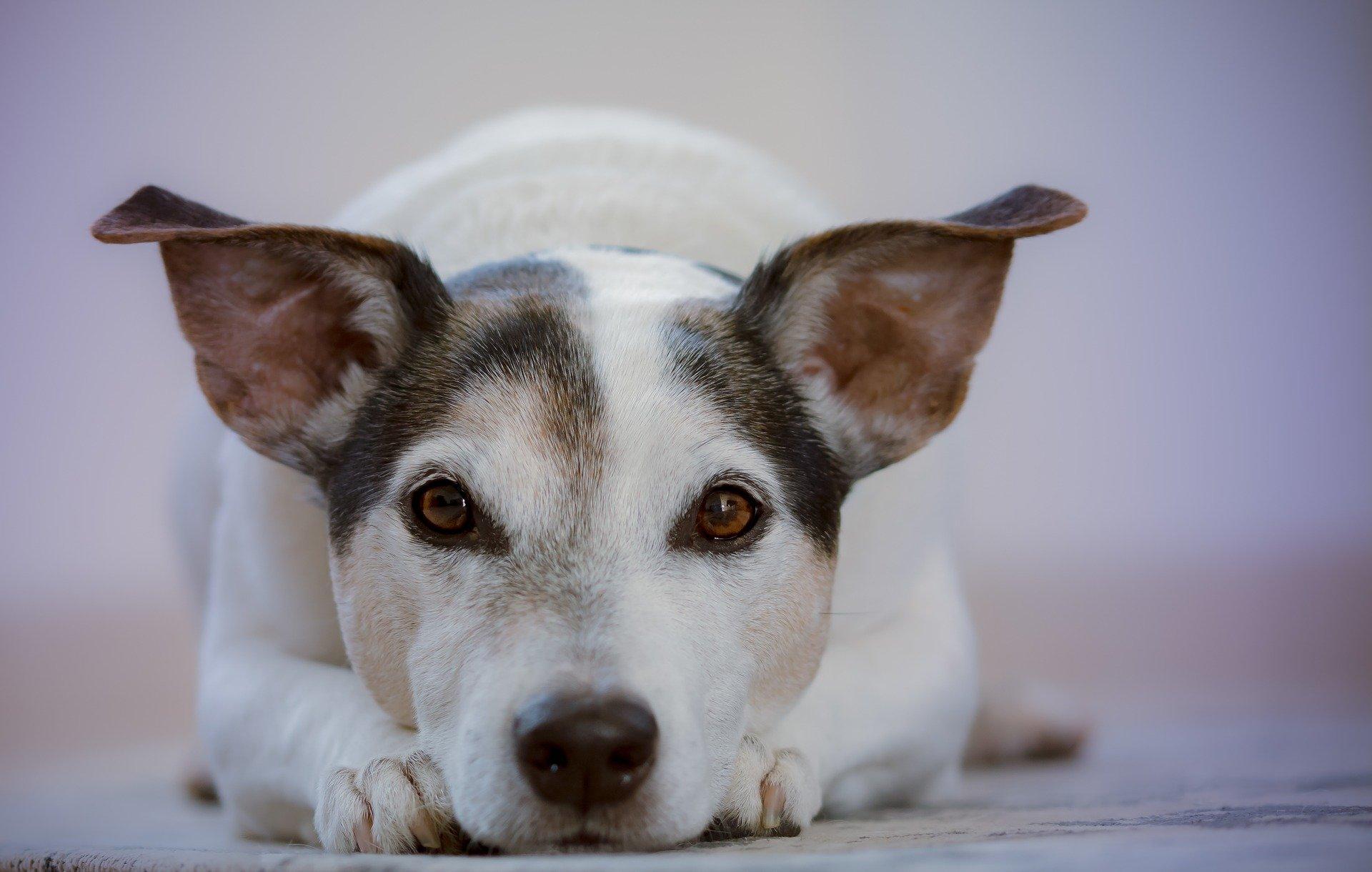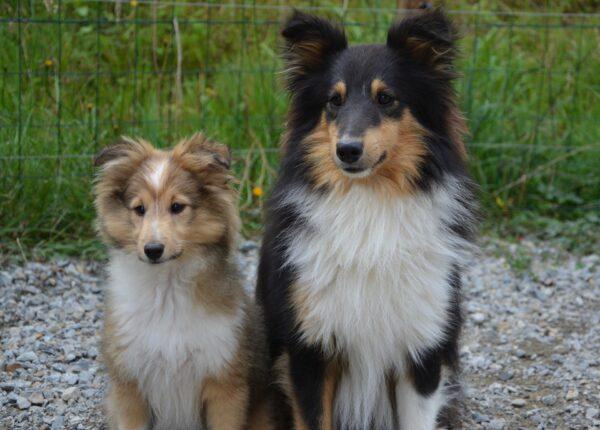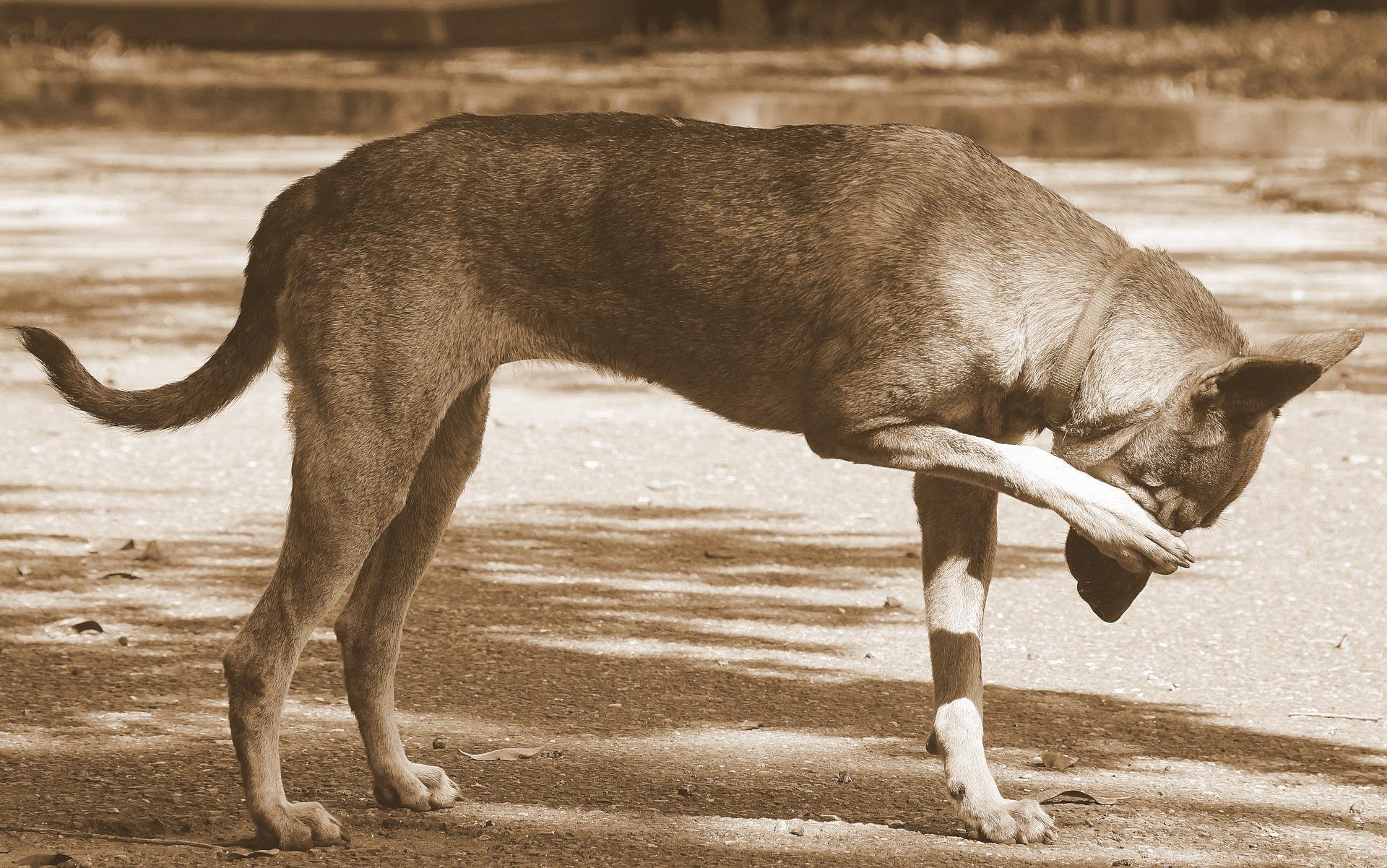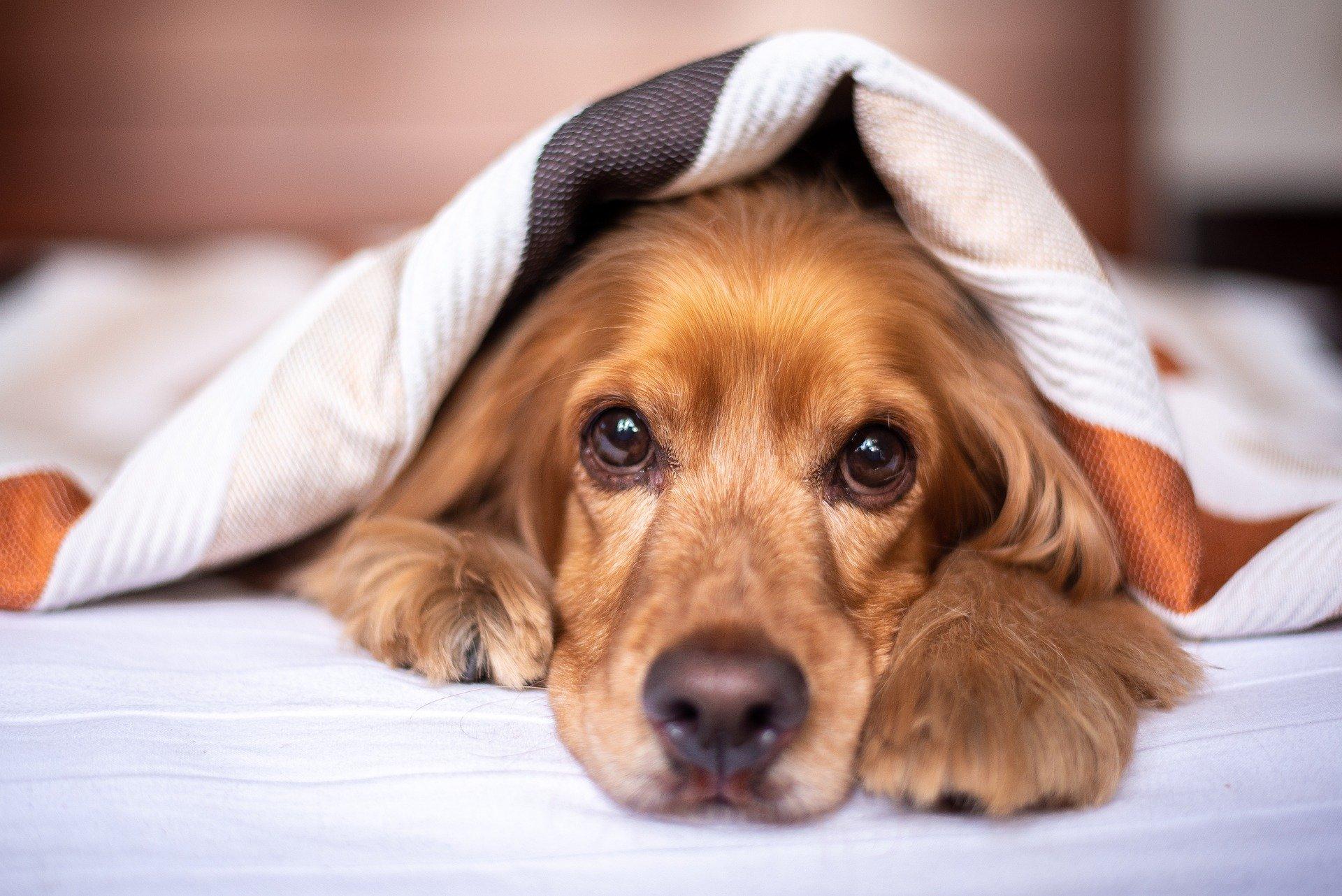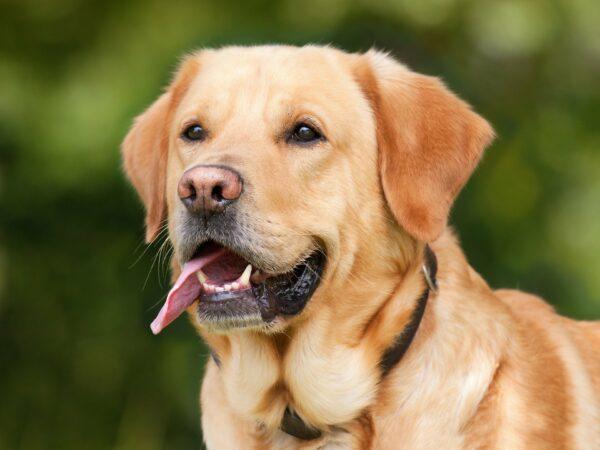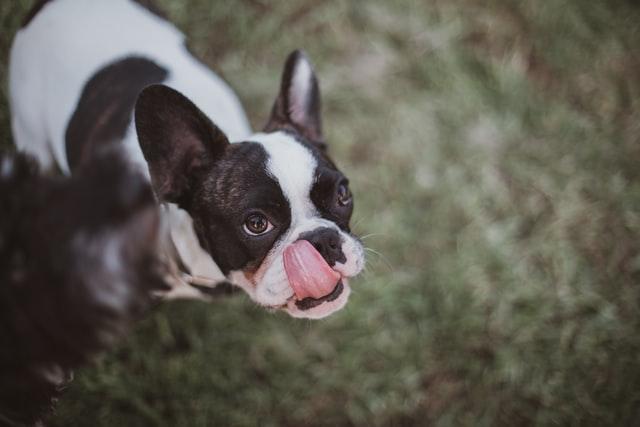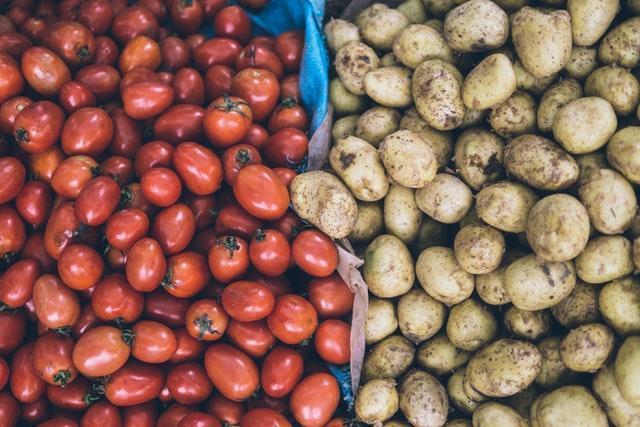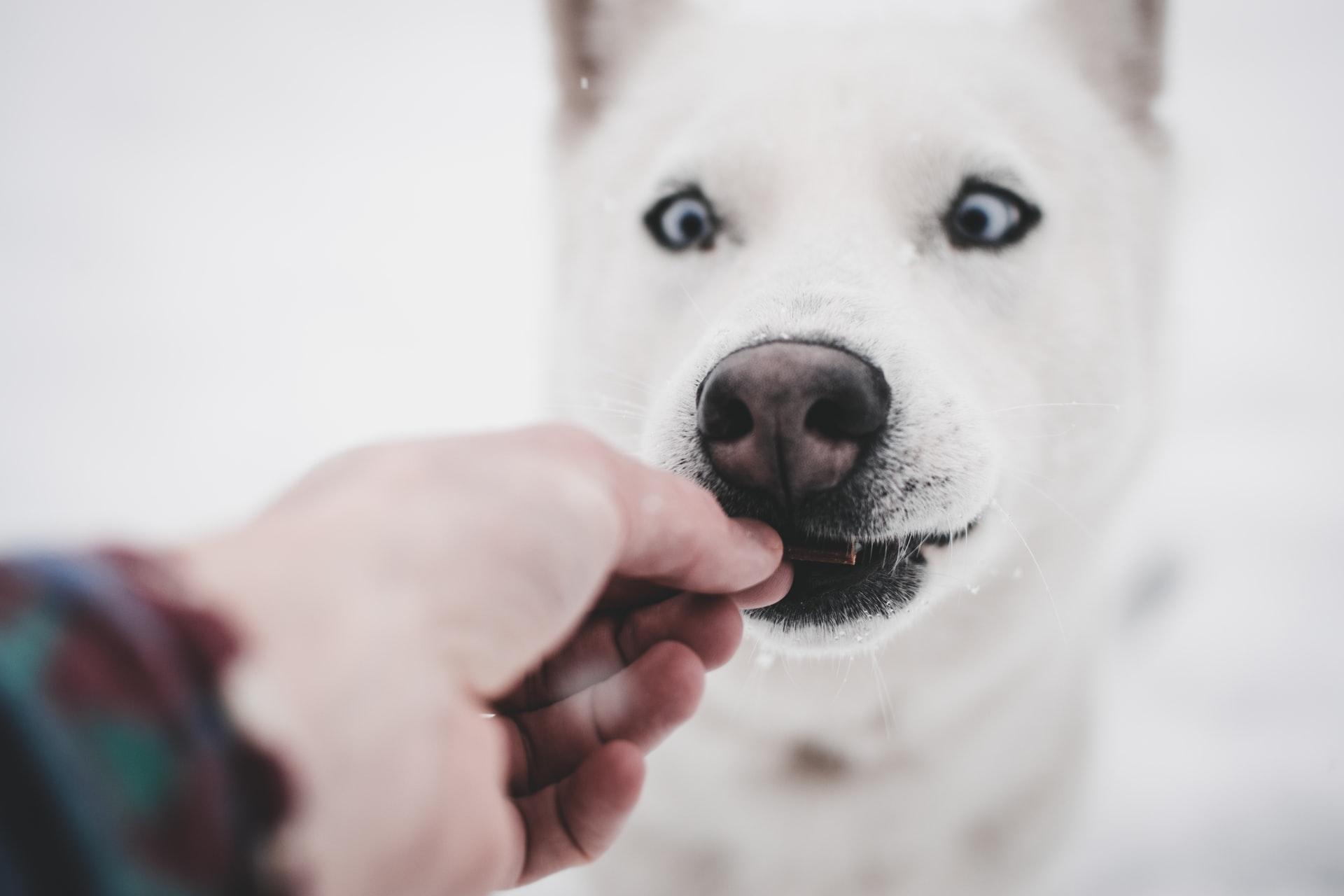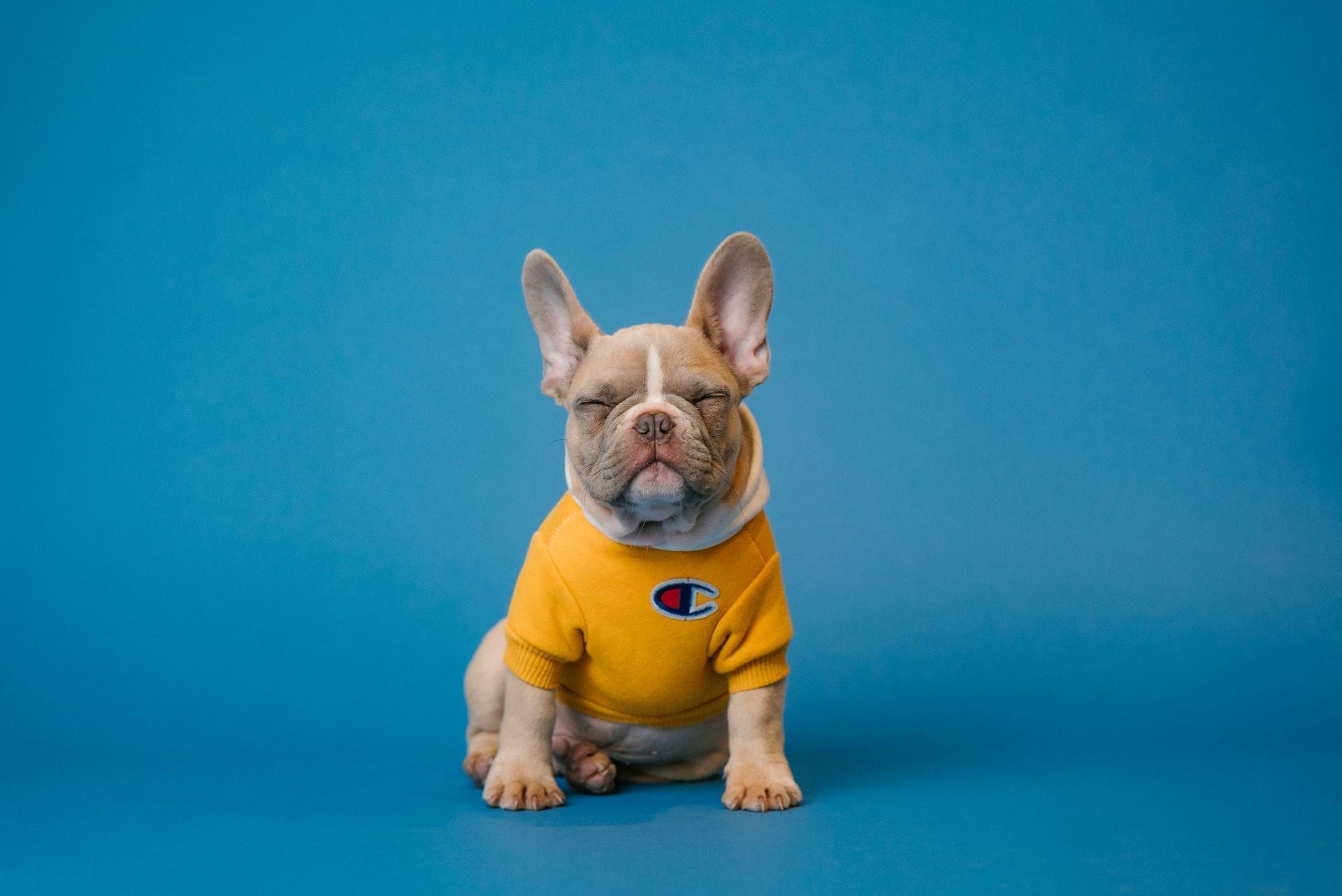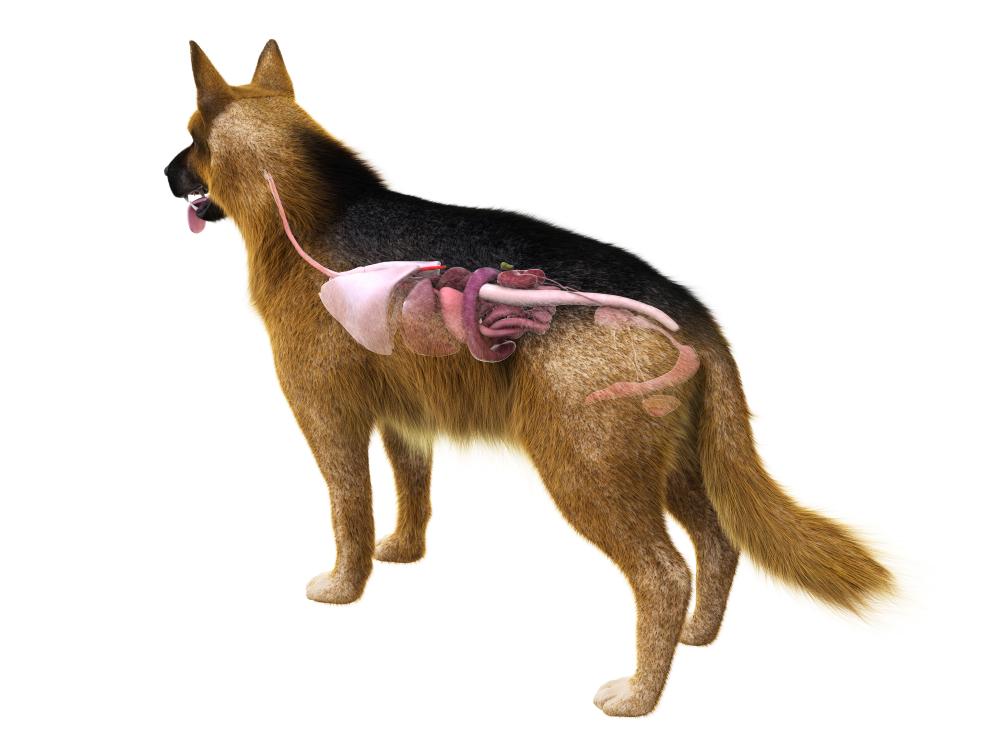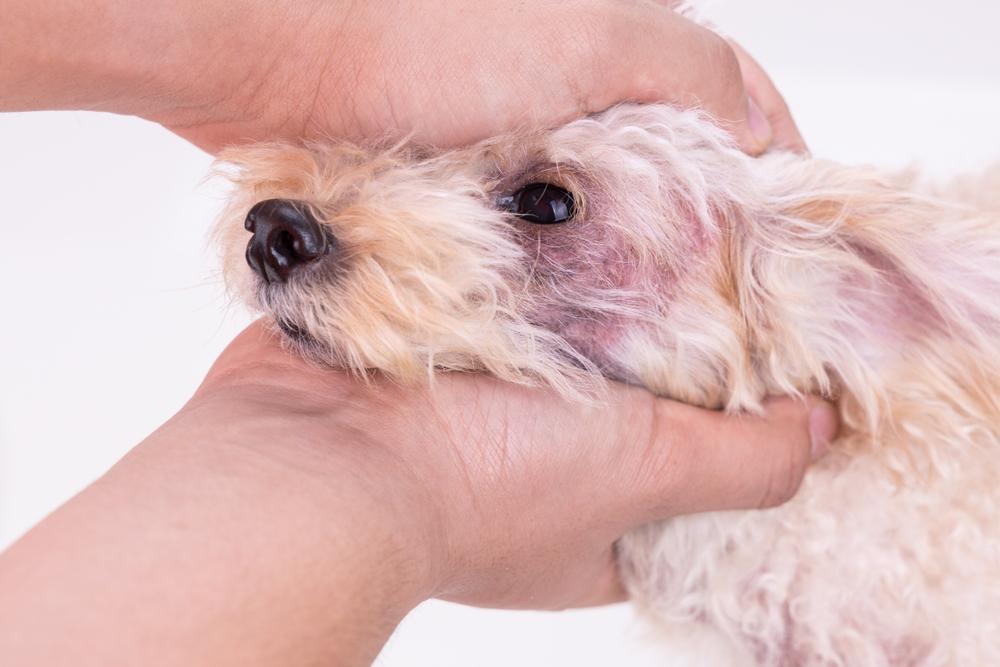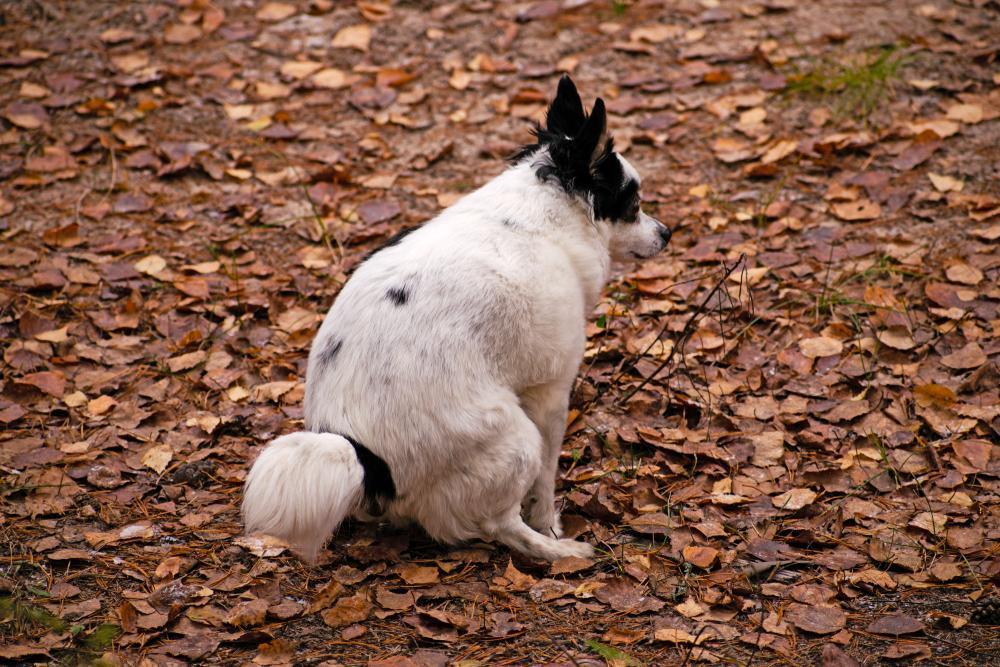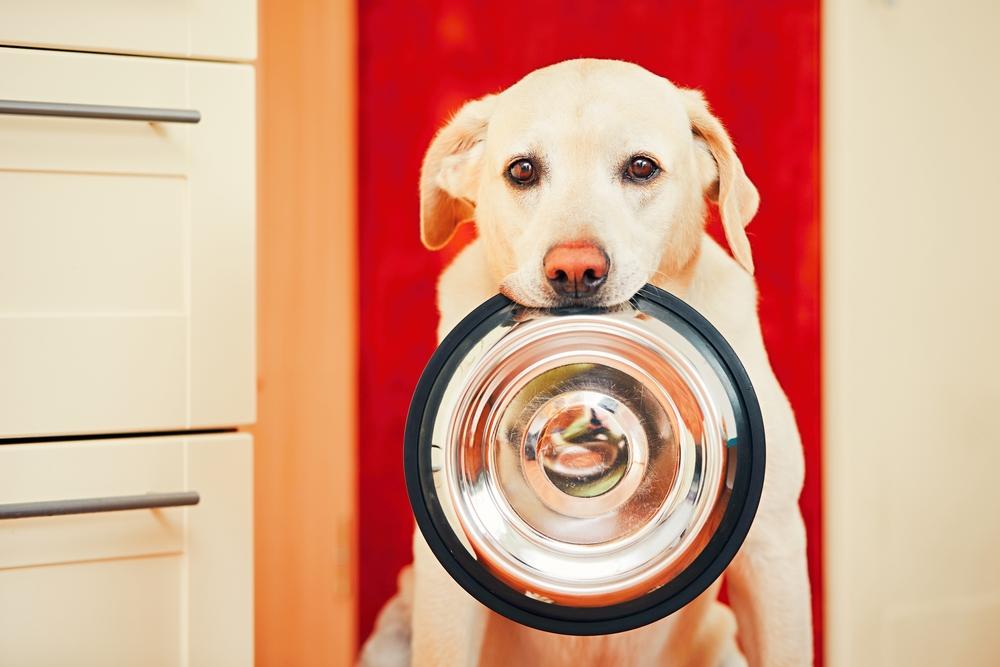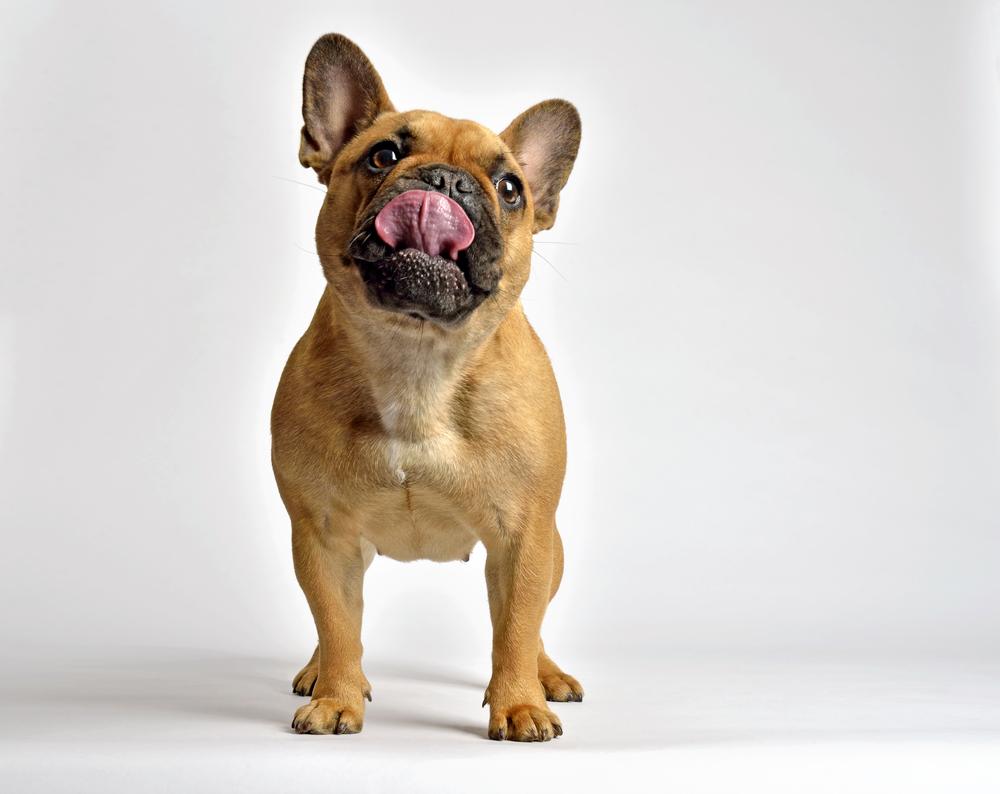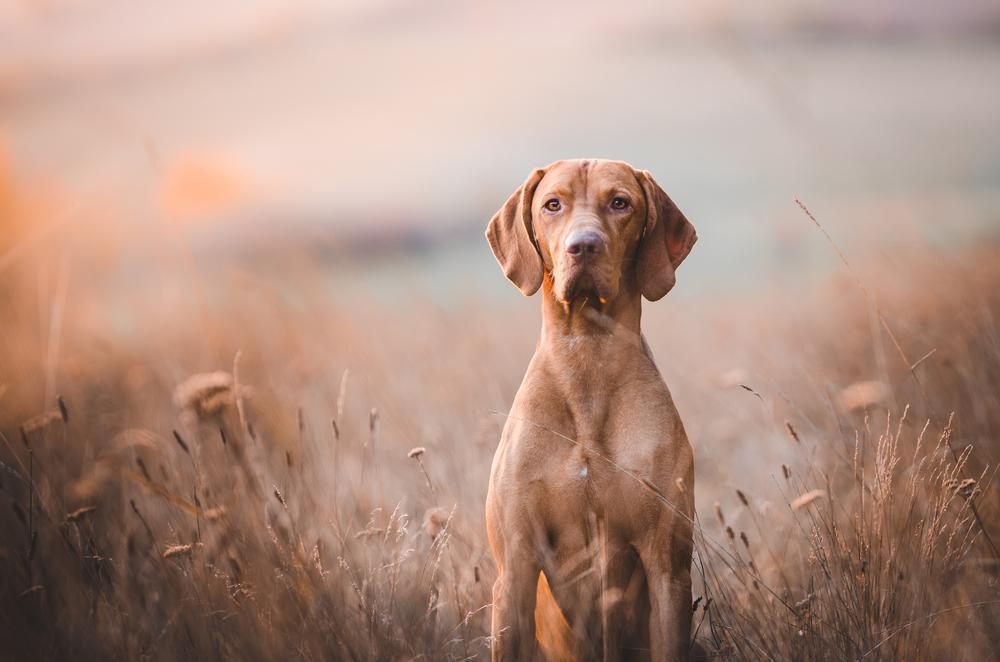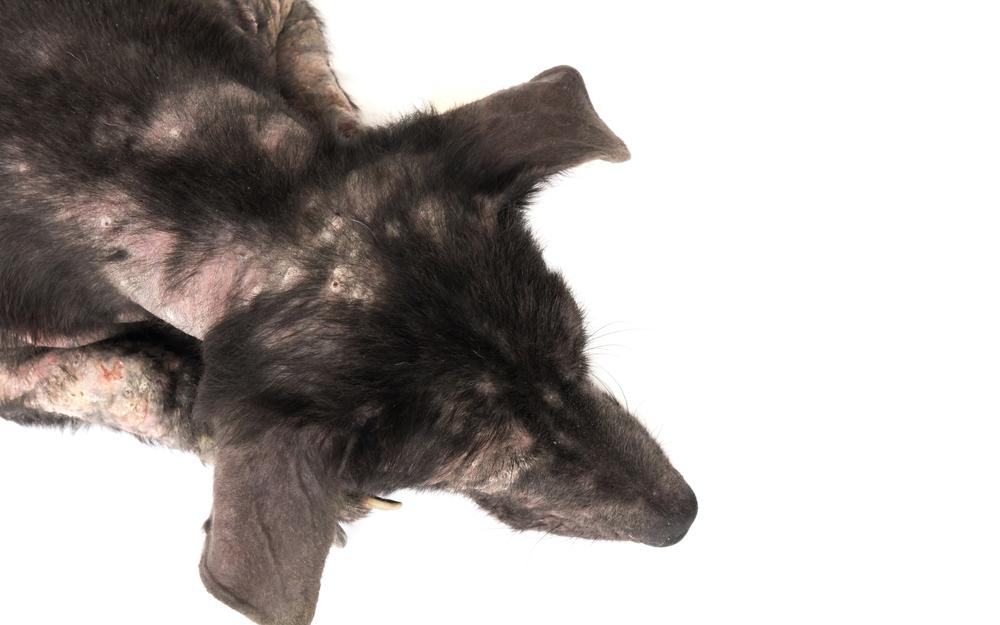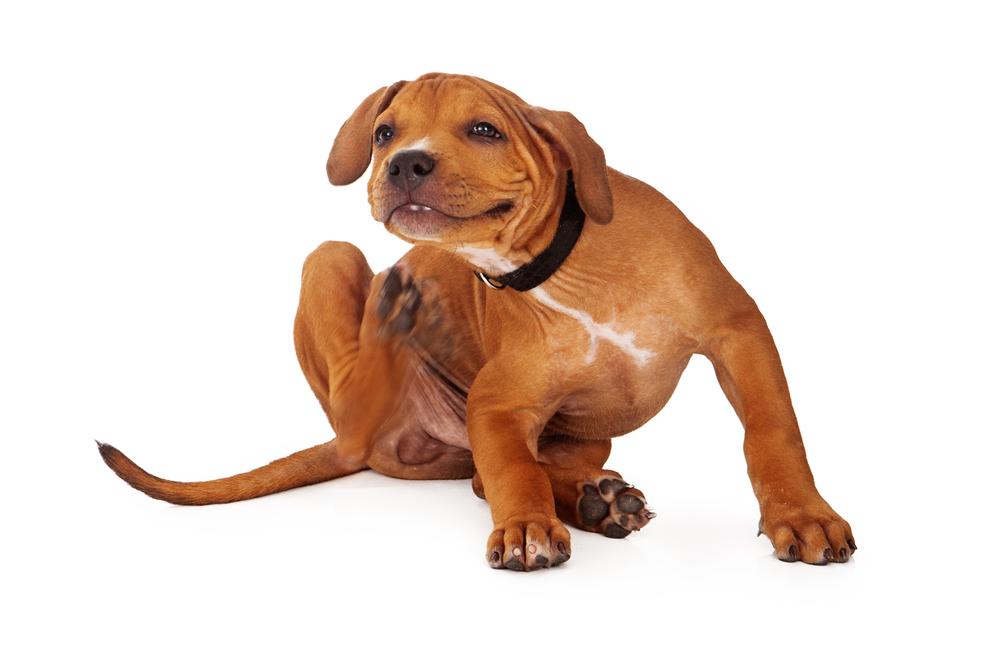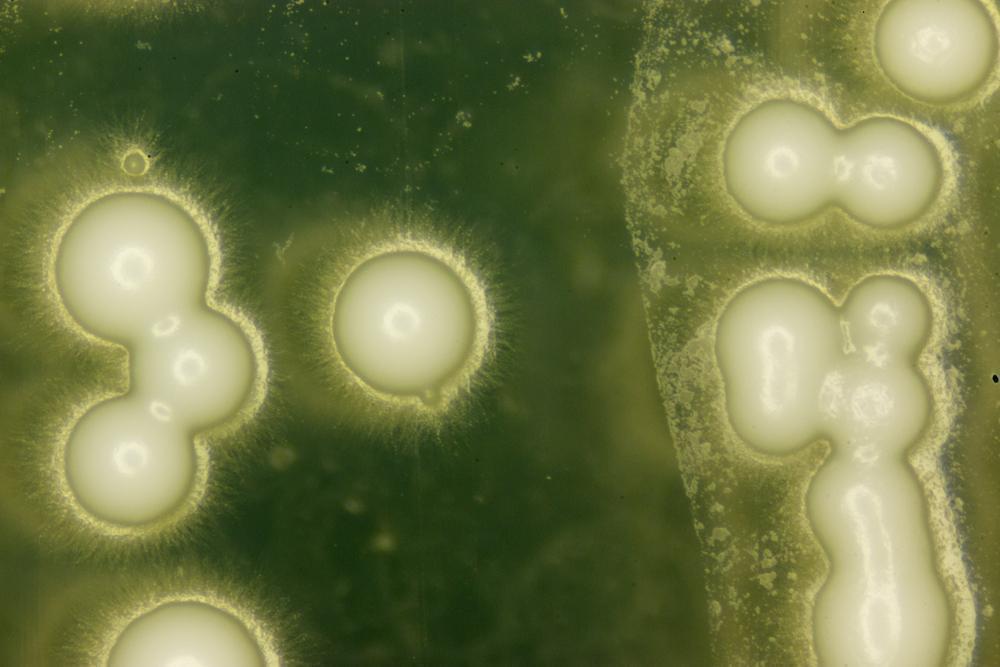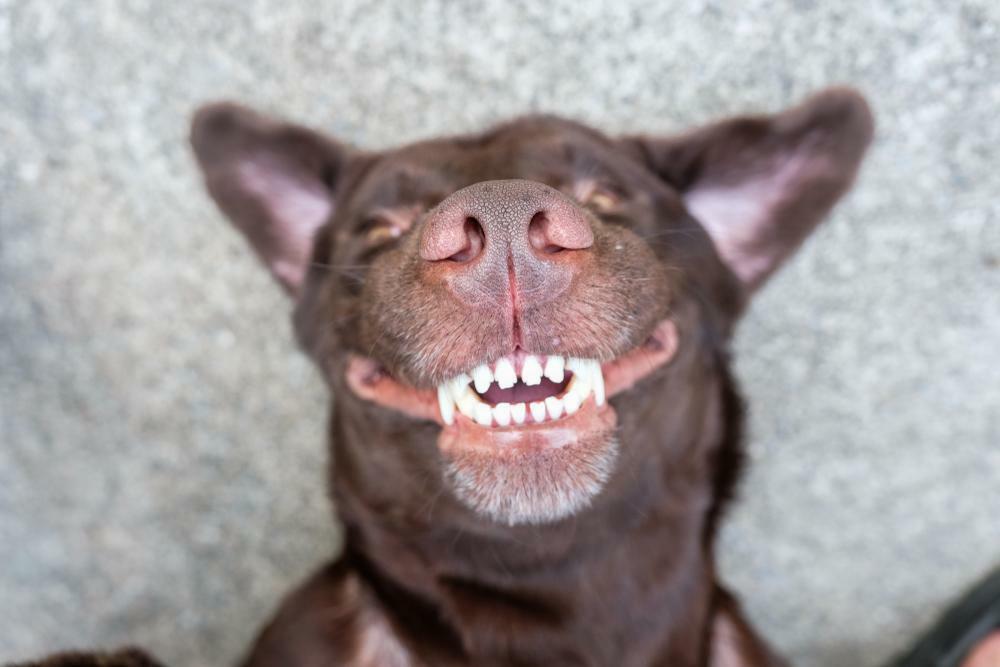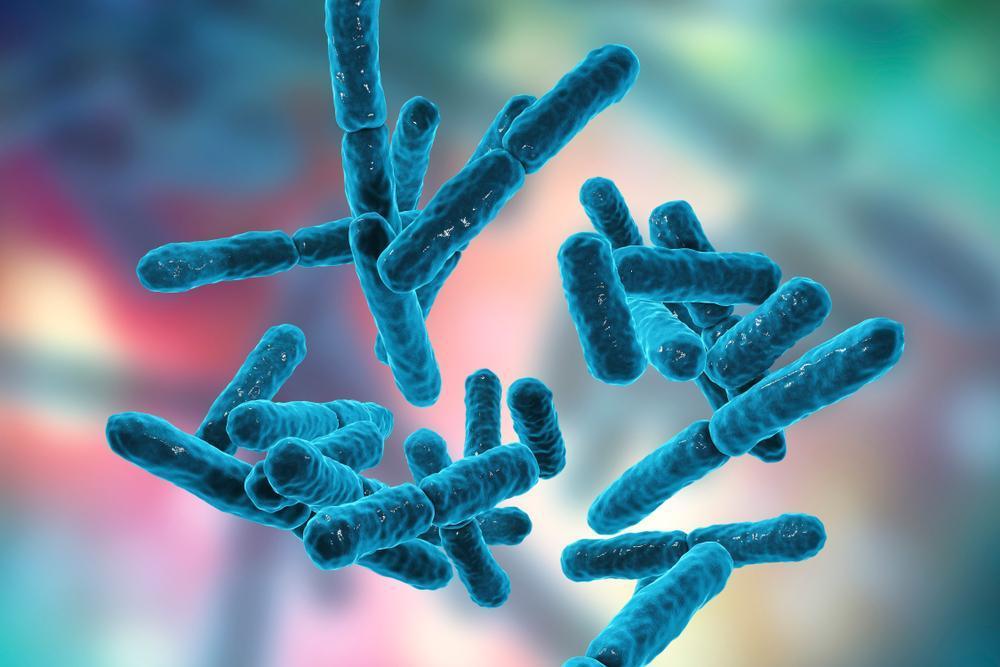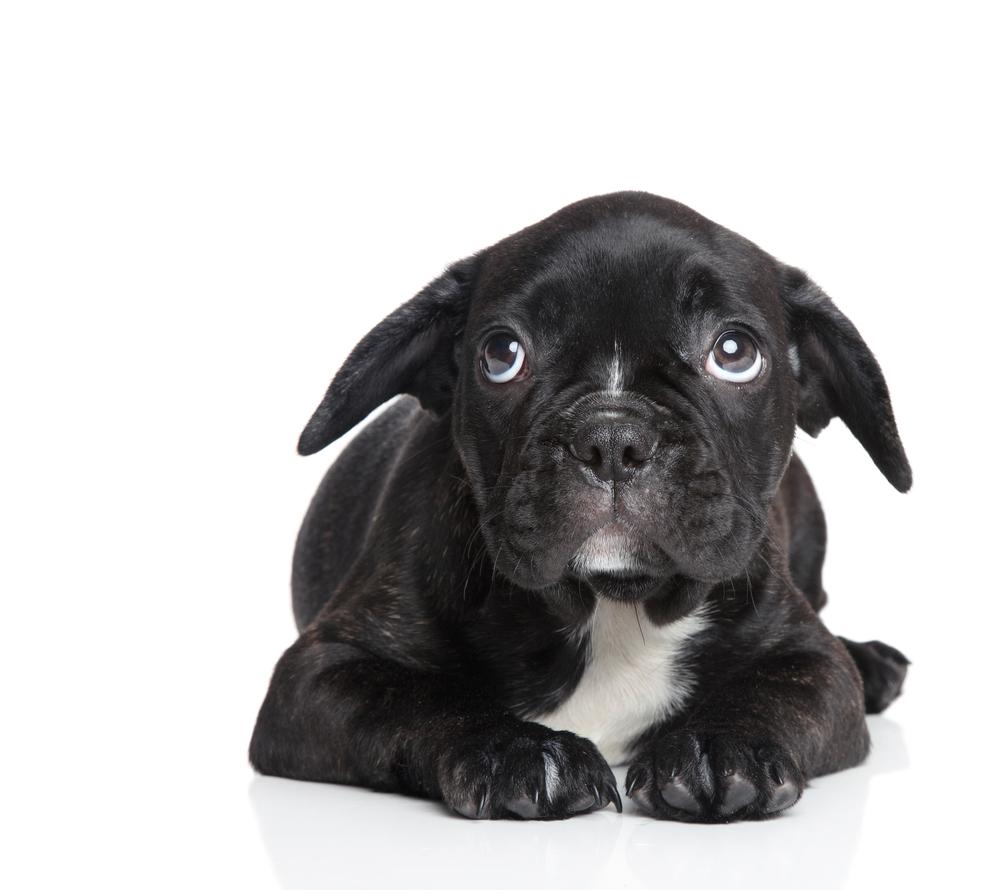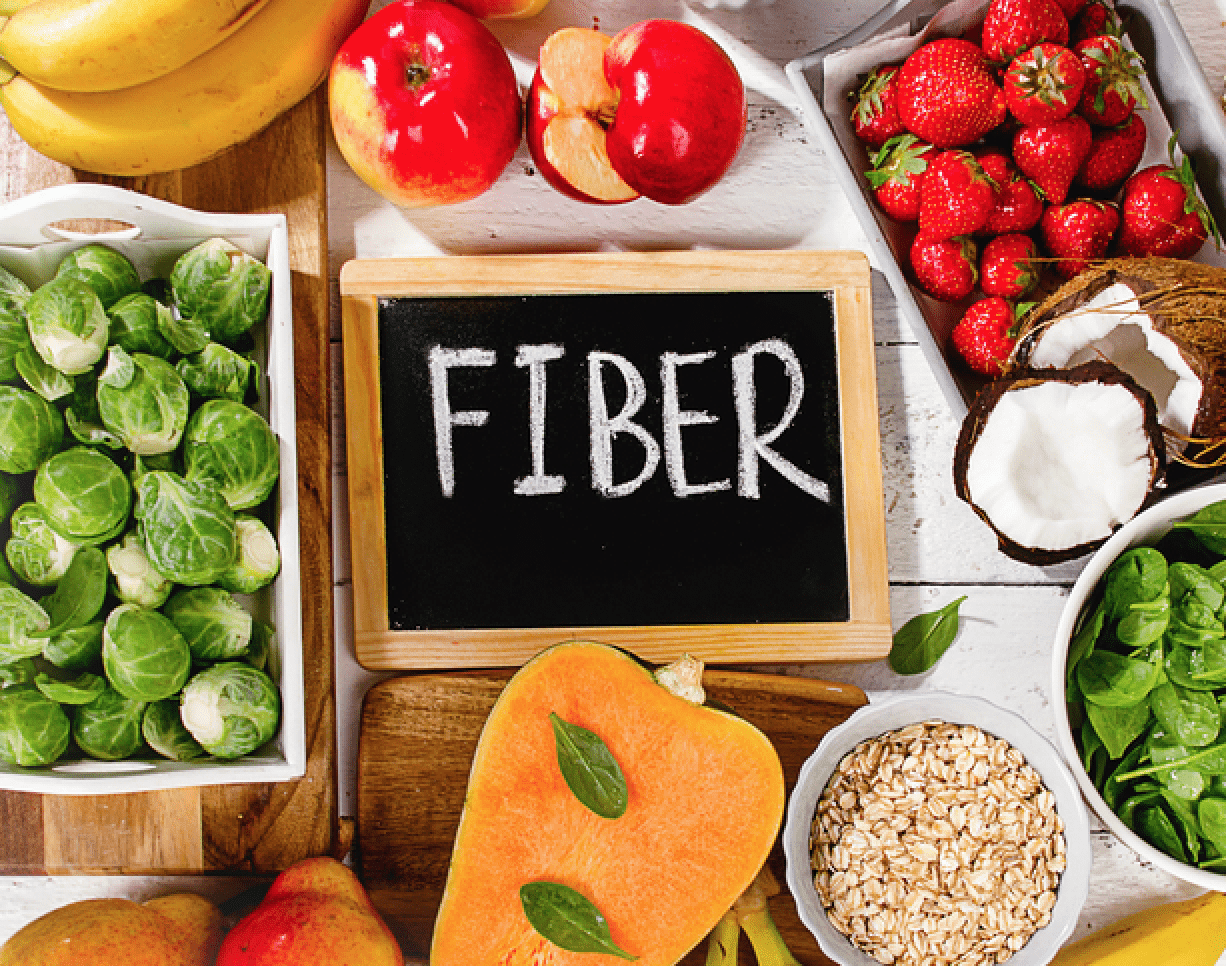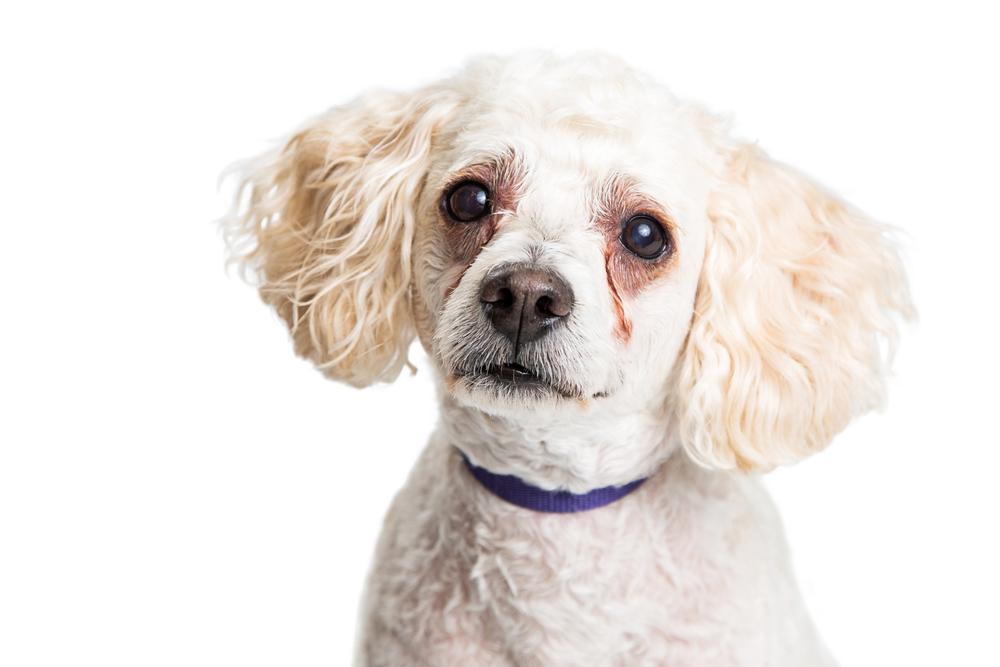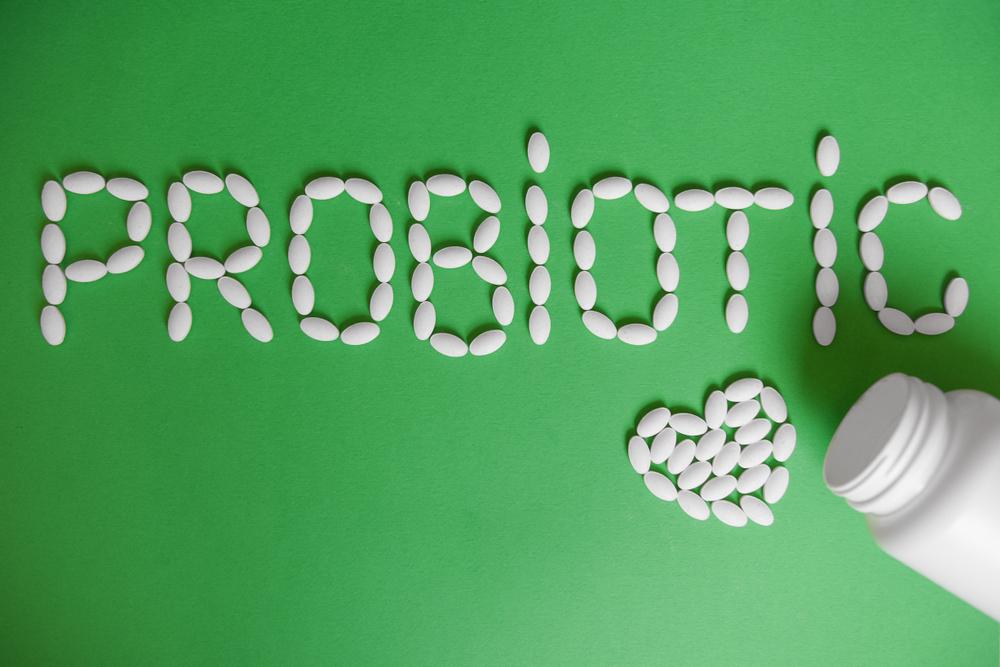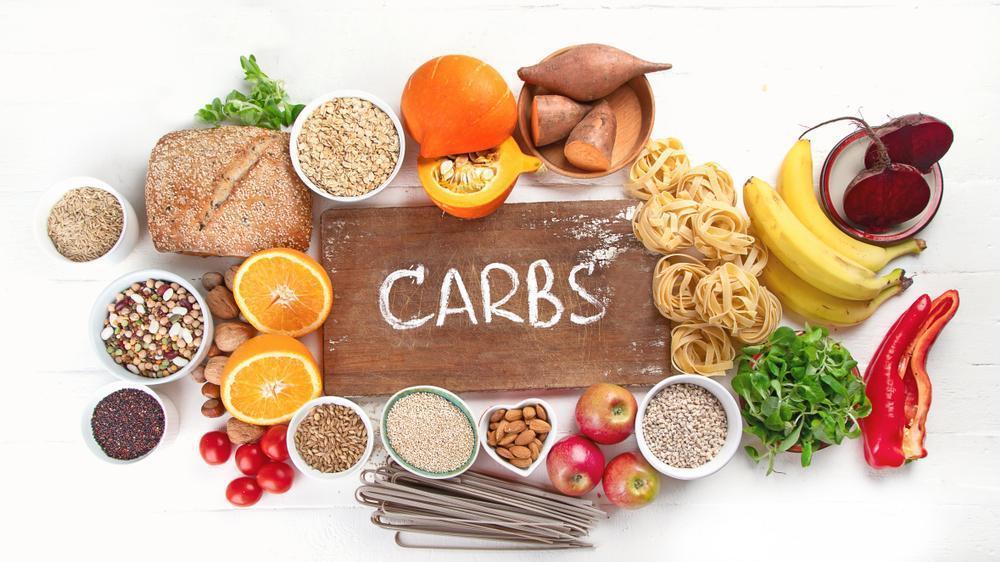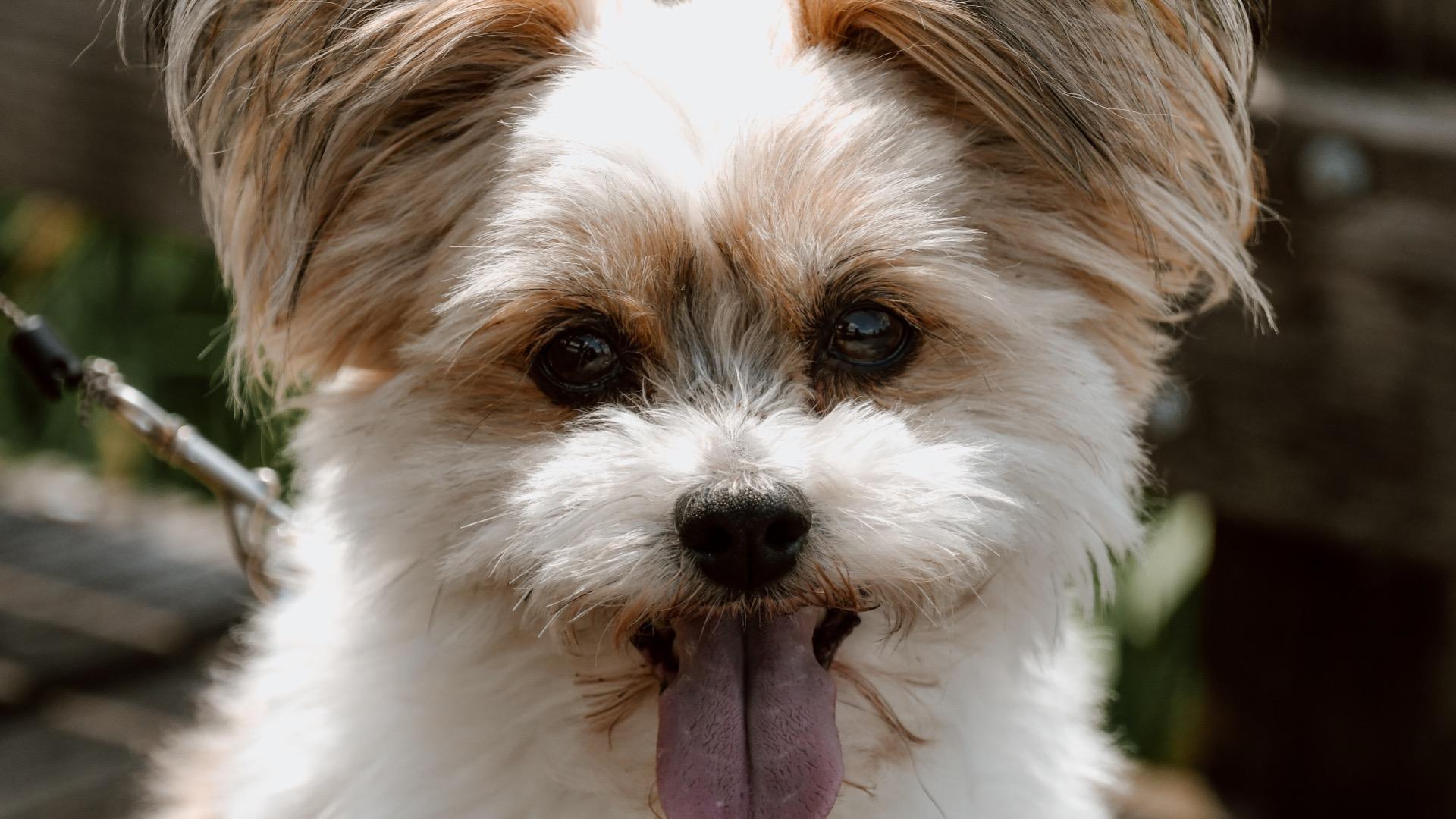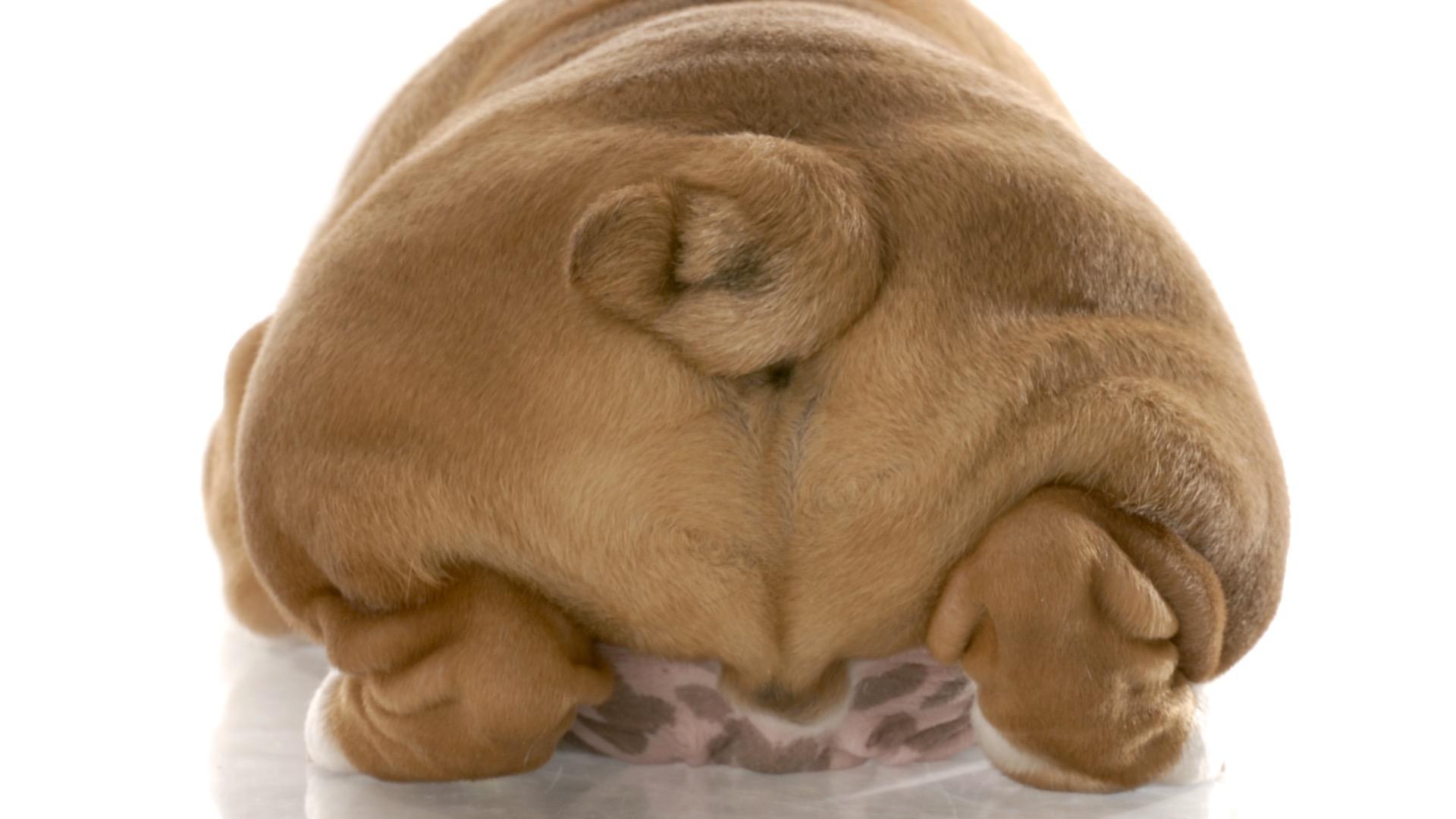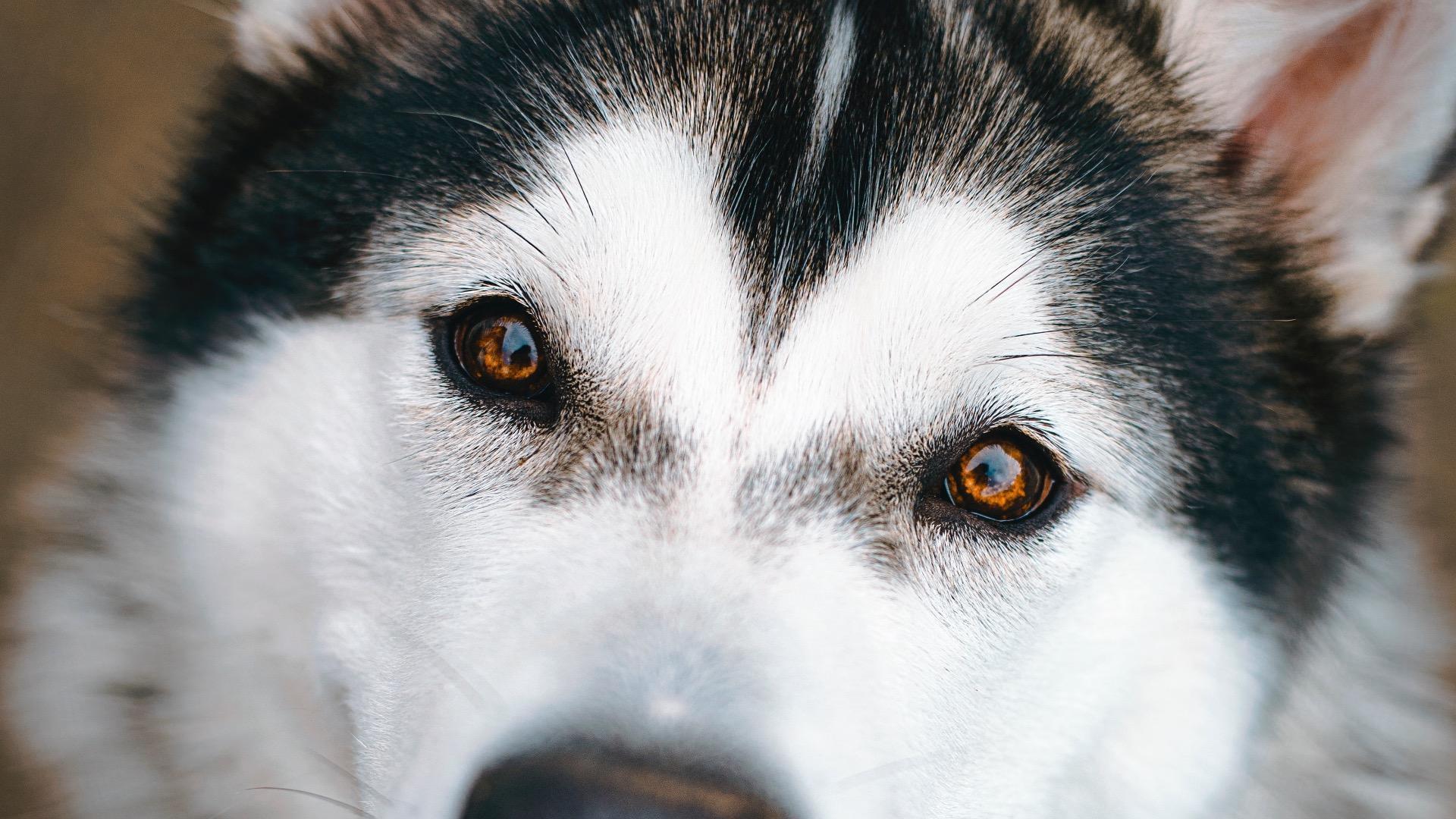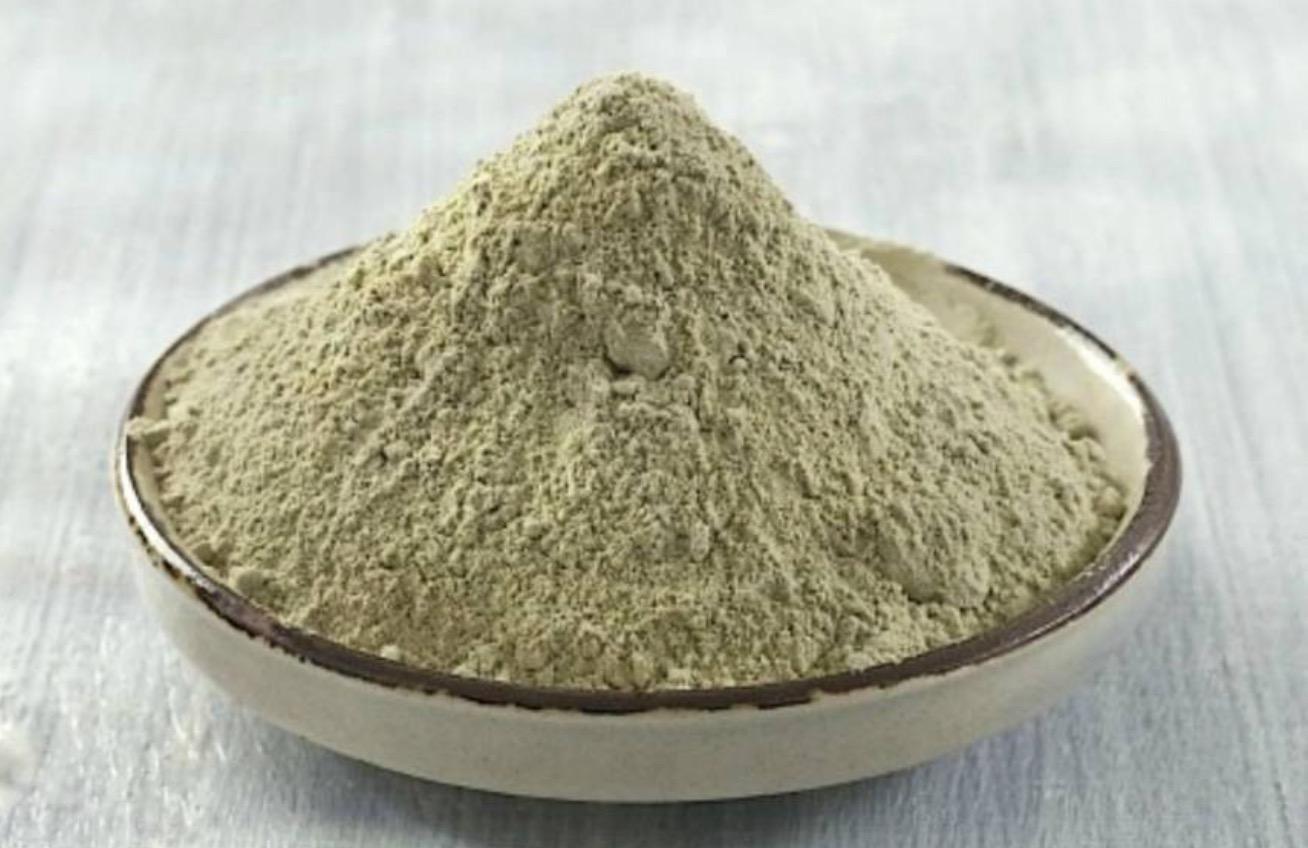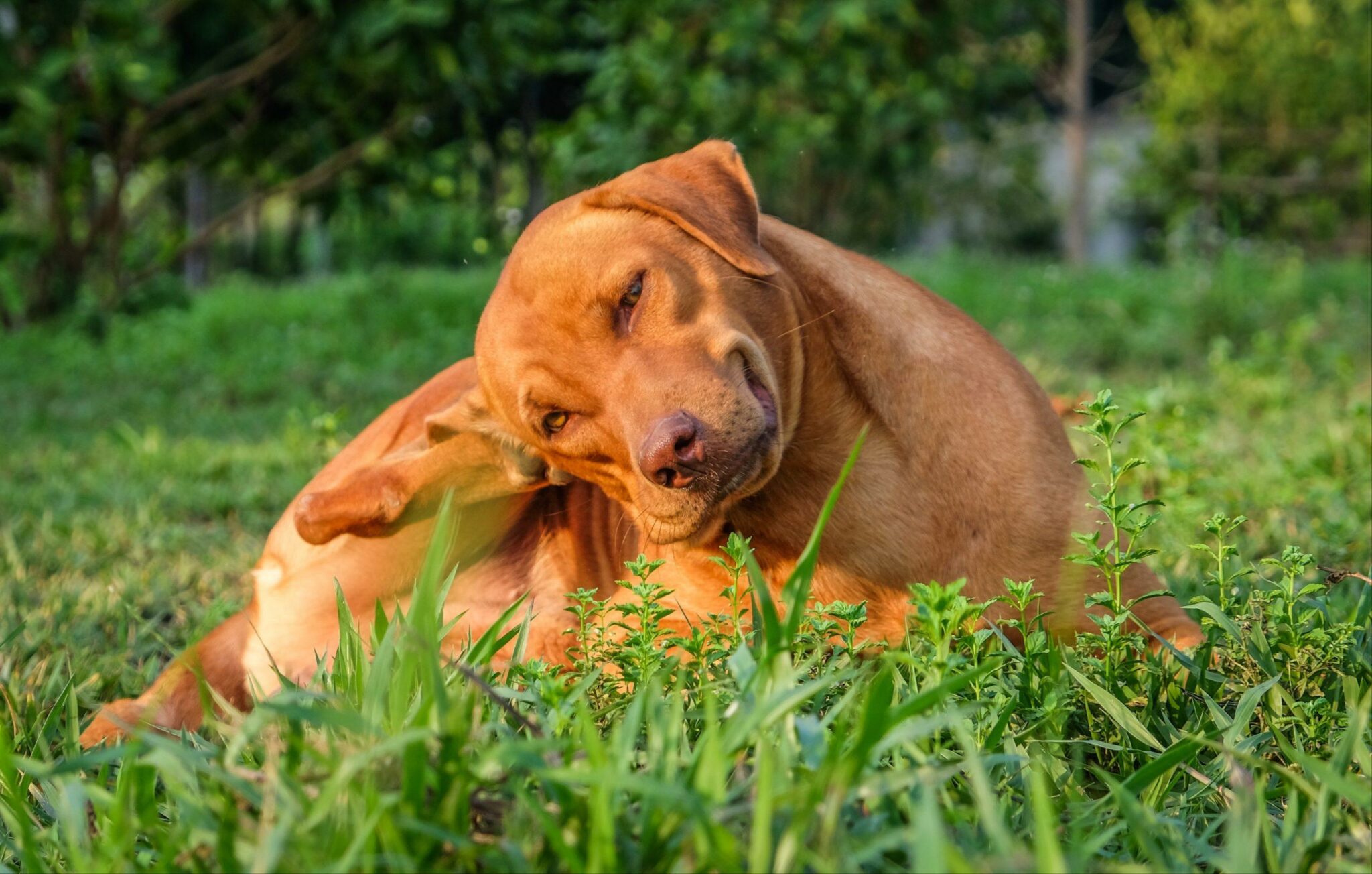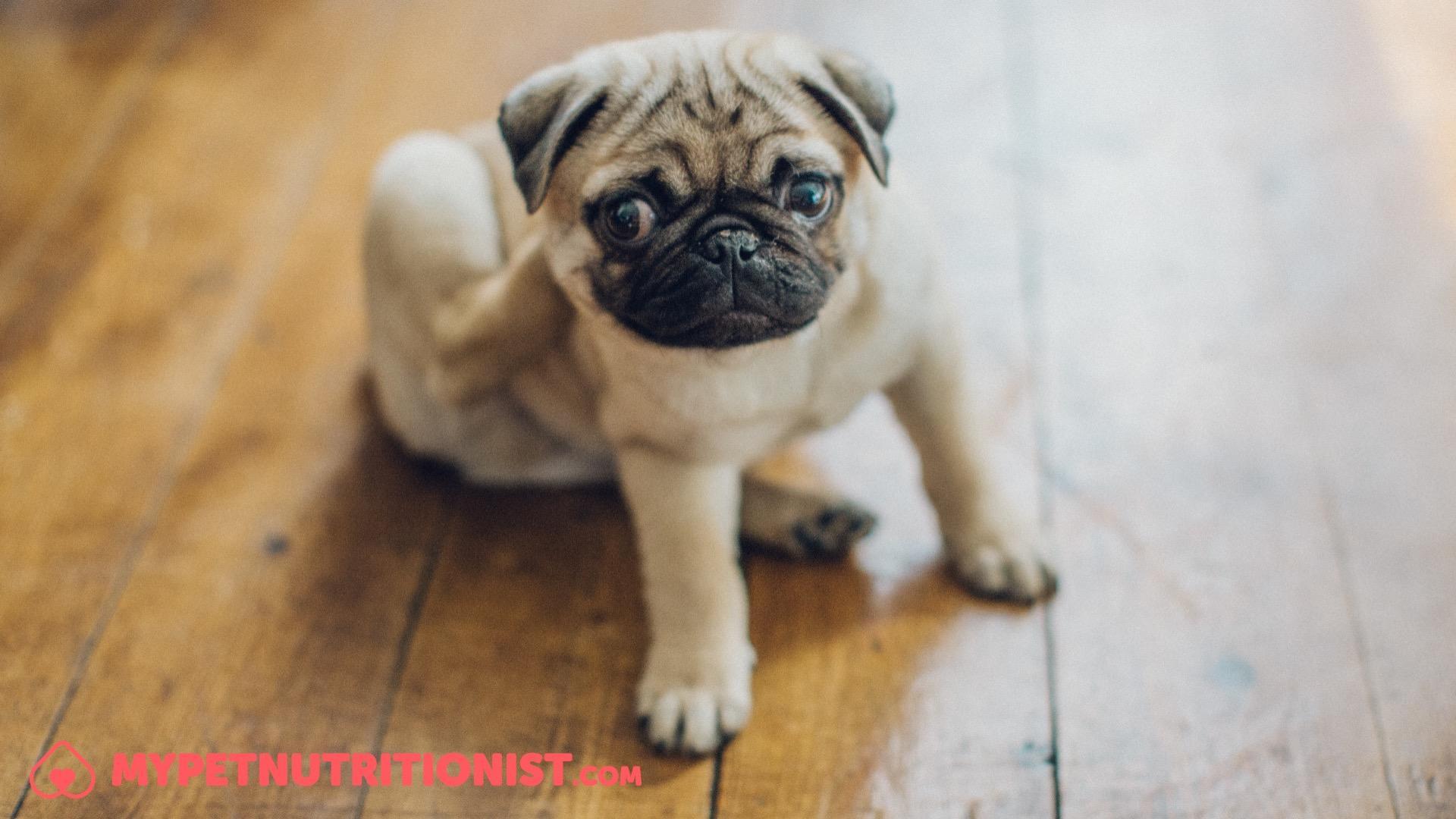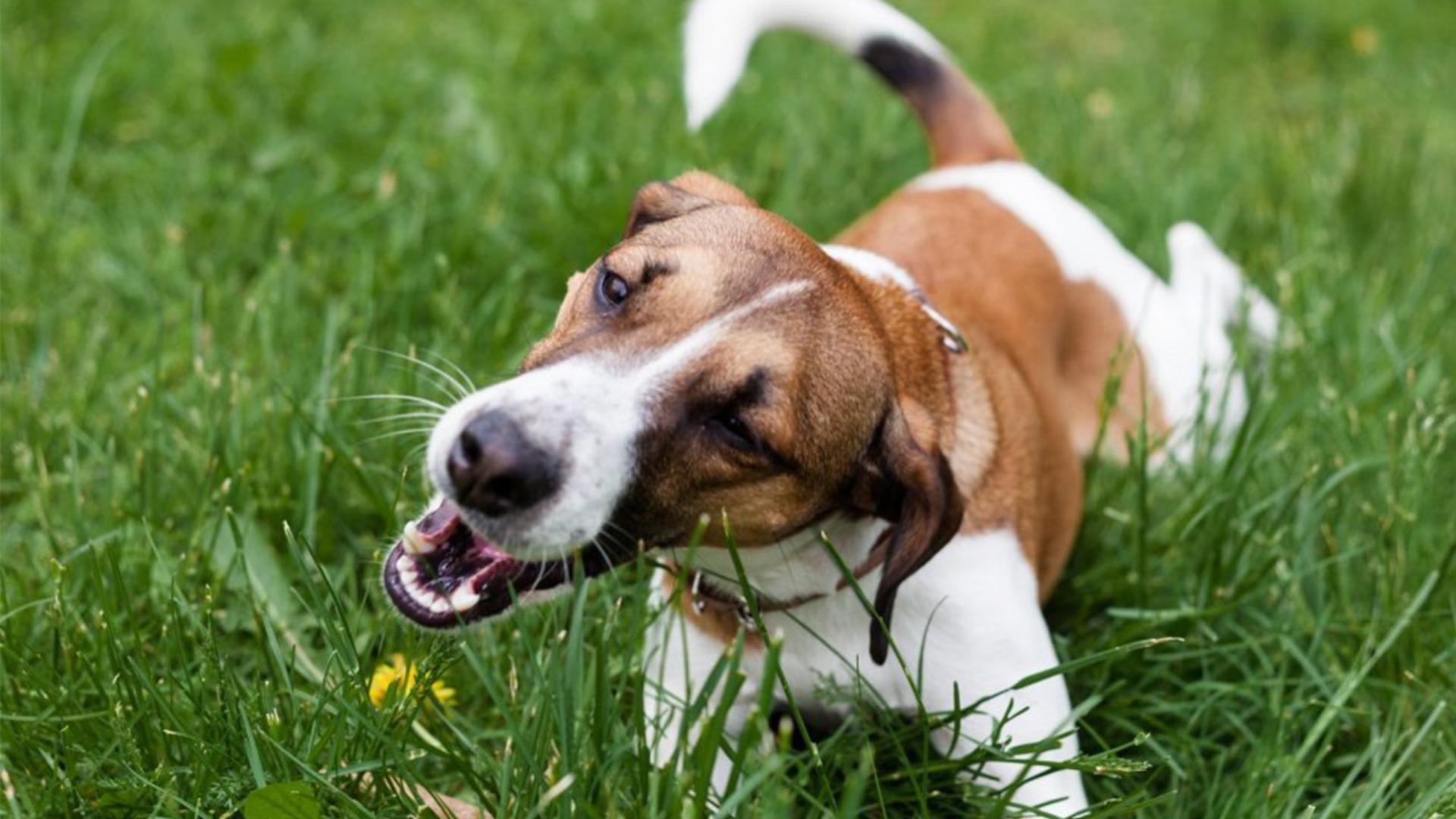Coprophagy,the technical way of saying a dog’s (or other animal’s) tendency to eat their own or other animal’s poop, is possibly more common than you may think, and certainly an issue we are told about here at My Pet Nutritionist.
Throwback to the 1940’s and 1960’s and studies on rabbits and rats respectively suggested that it occurred due to vitamin synthesis and the frequency depended largely on nutritional requirements during growth or aging. So, much like Chinese whispers, we have come to the understanding that our dog is eating their poop because they are deficient in something.
Findings here.
You could stop reading there and have an answer to your question, but you would be wrong. Firstly, your dog isn’t a rat or a rabbit.
There’s a little more to this less than desirable habit, so let’s delve a little deeper.
What is coprophagy?
Coprophagy is common in rats, rabbits, guinea pigs and chinchillas. Rabbits even excrete two types of faeces; hard and soft. Soft faeces are re-ingested but hard faeces are not. If rats are prevented from the act, then they require dietary supplementation of thiamin, biotin, pantothenic acid, folic acid, Vitamin B12 and Vitamin K.
Findings here.
Based on this information, if you were to notice a dog commonly eating their own poop you would consider that they too did it for nutritional reasons. But it all comes down to the digestive system. In rodents and rabbits, bacterial synthesis of nutrients occurs in the lower gastrointestinal tract. Here, little absorption occurs. By eating their own faeces, it gives them another shot at absorbing the nutrients, for want of a better description.
So why do dogs eat their own poop?
Well, it has its own name, so it’s nothing new. Canine conspecific coprophagy is regularly mentioned to vets and use alike, and is a regular search term on the world wide web.
Some argue that it is a sign of an underlying medical issue,for example:
1) Enzyme deficiency
As we know, a key part of the digestive process is enzymatic breakdown. Without key enzymes, food will pass through undigested. There is a school of thought which suggests the dog will eat their own faeces, to give themselves another chance at digesting the food and utilising the nutrients; exactly like the rodents did.
2) Increased appetite
There are certain conditions which increase appetite, like diabetes and thyroid issues and so in an attempt to meet their ravenous needs, a dog will eat anything in sight!
On the same side of this coin – there are others that argue a dog will eat his own faeces if he is being underfed. That said, the number of obese dogs is increasing year on year, so, before you alter his feeding amounts, check out our blogs:
Here and
Here.
Others argue that it’s not necessarily a health issue, but more a psychological issue. Some have noted that it can occur in bored dogs; whether the dogs are simply amusing themselves, or in fact it’s attention seeking behaviour. For example, many owners don’t like dogs eating poop, so when they spot it, they give the dog attention;despite it being a negative interaction. Think of it like the child who misbehaves as soon as the parent takes that important phone call.
However, in order to get a handle on the true reason, a study was conducted that looked at the diet of coprophagic dogs, it looked at house-training, their eating habits and what behaviour modifications had successfully been used in managing it.
Findings here.
This study found that the diet of the dog had no significant impact,therefore suggesting no nutritional basis for the behaviour and coprophagic dogs were just as easily house-trained as non-coprophagic dogs; so, they still maintained a typical aversion to faeces like most dogs. Interestingly, those dogs who ate their own poop, were more readily described as greedy eaters.
Sadly, the success rate of behaviour modification to stop the dog eating their own poop was close to zero.
Let’s see if their like of other animal’s poop sheds anymore light on the reasoning behind this particular behaviour.
Why do dogs eat cat poop?
The most likely explanation is that whatever hasn’t been absorbed by the cat during their digestion, attracts the dog to eat the poop. In some commercial cat foods, compounds are added to make the food palatable; these aren’t always absorbed by the cat, so they just come out the other end.
Why do dogs eat another dog’s poop?
There’s little evidence to suggest a nutritional basis for eating another dog’s poop.
The factors relating to a dog eating faeces include:
- Greedy eating
- Breed group (hounds and terriers are more likely to do so)
- Multiple dogs in the house
- Eating dirt
- Eating cat stools
It doesn’t appear to make a difference whether they are eating their own, or another dog’s poop – if they are going to eat poop, they’re going to eat poop.
Why do dogs eat wild animal poop?
When you’re out on your walks with your poop eater, he’s probably found rabbit or horse poop. Why are they drawn to it? The explanation could lie in their plant-eating habits!
With horses and rabbits being herbivores, are dogs seeking the plant content of their poop?
Again, grass-eating is not linked to nutritional deficiency or illness. Some owners perceive it as a way for dogs to make themselves sick. But dogs fed commercial, table scrap or raw diets were no more prone to grass or plant eating than the others.
The answer to this question takes us back to their ancient beginnings. Plant-eating seemed to play a role in controlling internal parasites. Plant material passes through the intestinal tract, wrapping around worms and thereby clearing them out.
Findings here.
The parasites would then be found in the faeces, which leads us to another reason why a dog would eat poop – to keep their den clear of parasites. Some domestic dogs take themselves off to the furthest point to defecate, this would have been innate to keep their den clean; but young pups would have excreted in the home, and Mother’s would have eaten it to get rid of it!
(We wonder if dogs eat cat poop in the same way – “the cat shouldn’t be defecating in the home, that tray won’t protect us from the parasites!”)
But this also leads us to the fact that many puppies demonstrate this very behaviour. Is it a copied behaviour from their mother? Or are they just being puppies?
Why do puppies eat poop?
Most puppies will go through this stage, and most vets and researchers agree that it’s just part of their adventures. Much like babies, puppies explore everything with their mouth – just look at the hands and ripped trouser legs of any new puppy owner!
Studies have shown that on the whole, coprophagy is not a defined juvenile behaviour –that is, although common in some puppies, it’s just as common in older dogs. It’s also not affected by the age of separation from the Mother – which is sometimes suggested as a reason.
Findings here.
If your puppy is doing it, he will most likely grow out of it as he matures. However, if he maintains the behaviour into adulthood, he may continue to do so throughout adulthood. Again, the factors mentioned previously will give you a better indication of whether he’s likely to continue;whether there are medical or psychological factors to consider for example.
How can I get my dog to stop eating poop?
Many behaviour modifications have been ineffective at stopping the behaviour long term. Whilst there may be a slight reduction in frequency for a short period, the behaviour often returns.
Food additives and tablets have been used to stop the behaviour and have had a 0-2%rate of success.
Methods to prevent the behaviour have included: chasing away from stools, lacing stools with pepper, and punishment. The reported success has been 1-2%. The slightly better option was to teach the “leave it” command which yielded a 4% success.
Is eating poop bad for dogs
Eating poop is more an undesirable habit than anything else. That said, faeces do contain bacterial load so in some dogs, this could cause gastric upset. It also depends on whose poop they are eating; what the host has eaten, whether they have been given any medications or antibiotics and ultimately the composition of the poop.
Faecal transplants are becoming popular in treating many gastrointestinal issues in dogs – but these samples will have undergone rigorous testing to ensure the health of the host.
If you would like to learn more about the importance of a healthy microbiome in your dog, then check out our other blogs
Here,
Here
and here.
Summary
Rats and rabbits are routine poop eaters; they need to for vitamin synthesis. But your dog is not a rabbit or a rat. Poop eating is relatively common in puppyhood– it seems to be part of their adventures. They use their mouths to explore. But most puppies grow out of it. If your puppy maintains this habit into adulthood though, he’s unlikely to stop. He’s also more likely to be a greedy eater, a hound, a terrier, a dirt eater or a multi-pet home occupant!
Some argue there is a psychological component; those dogs are bored or attention seeking. Others suggest it’s more ancestral – they would have eaten poop to keep their den clean, and clear of parasites. There is also the possibility they are mirroring the behaviour of their Mother, who would have eaten their poop when young; both removing parasites and the scent of a new litter from predators.
There is little success in preventing the behaviour via medications; likewise, with chasing dogs away from stools or punishing them for eating it. You will have a better response teaching the leave it command.
There is currently little evidence suggesting a nutritional basis for eating poop,but it can be a symptom of a health issue, especially if paired with other signs of malnutrition, if you are concerned about the health of your dog, then please check out our services see if we can help.
Thanks for reading.
MPN Team x

